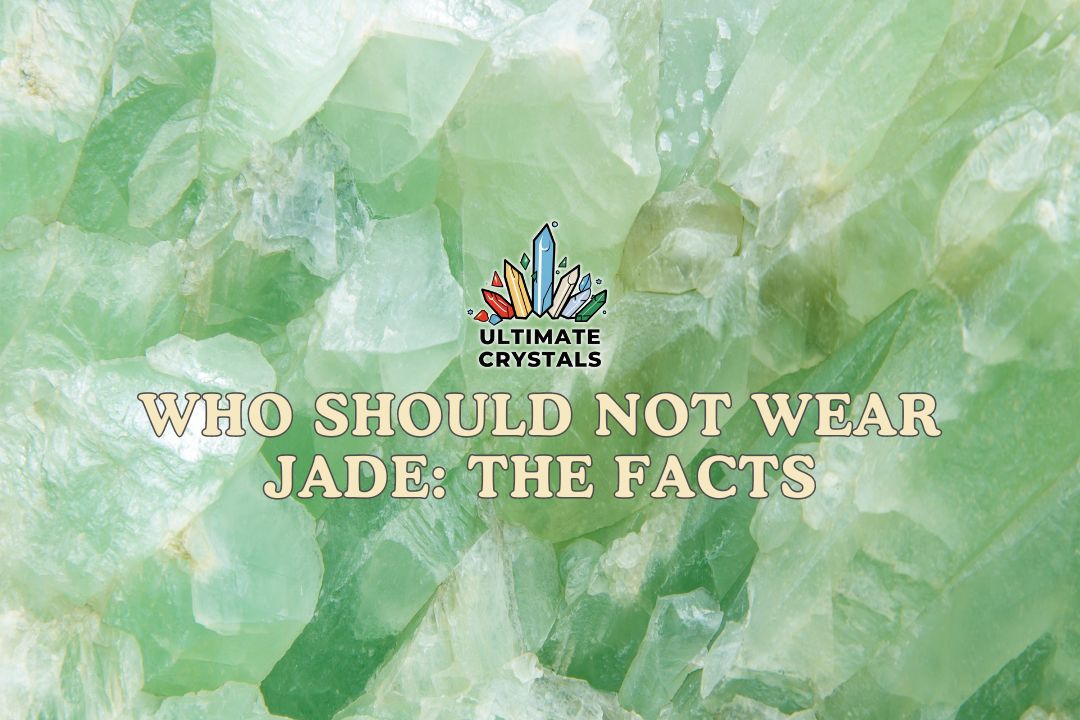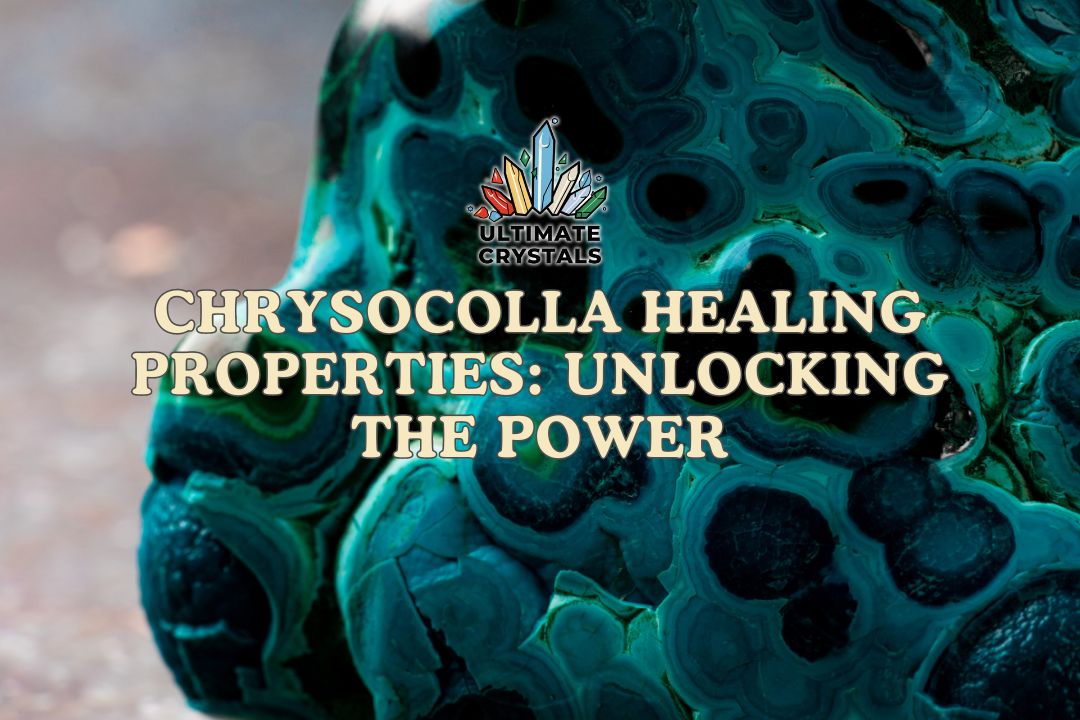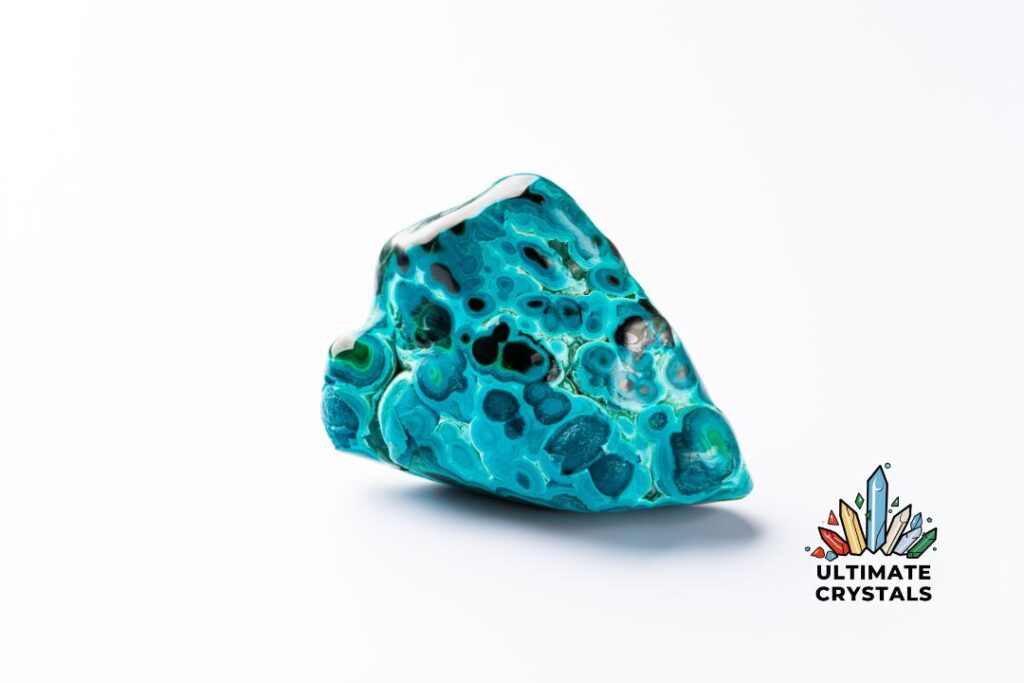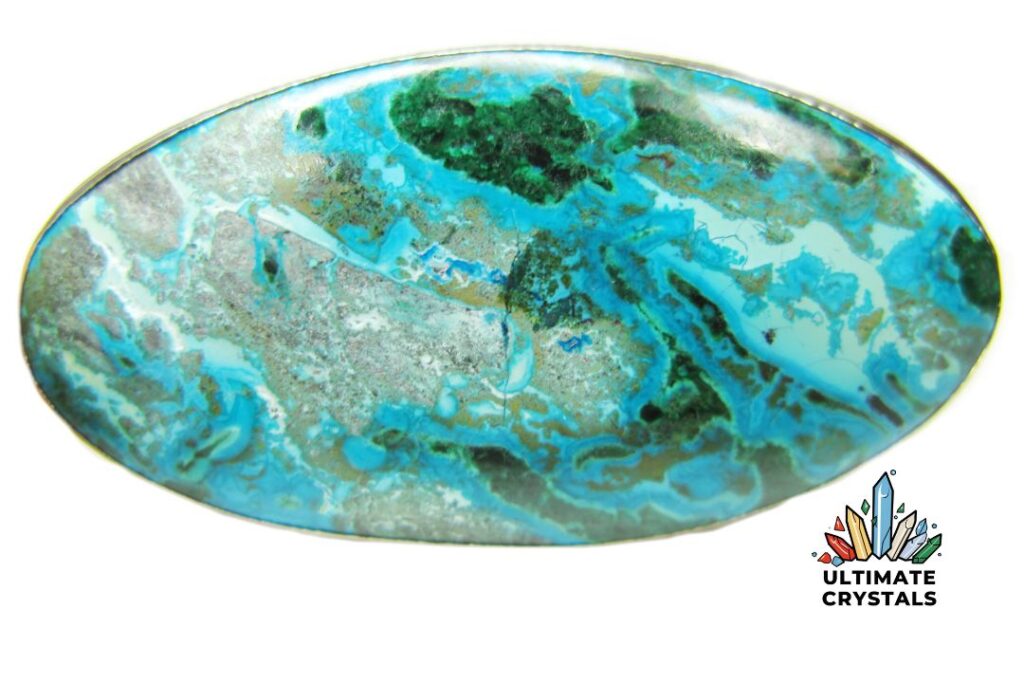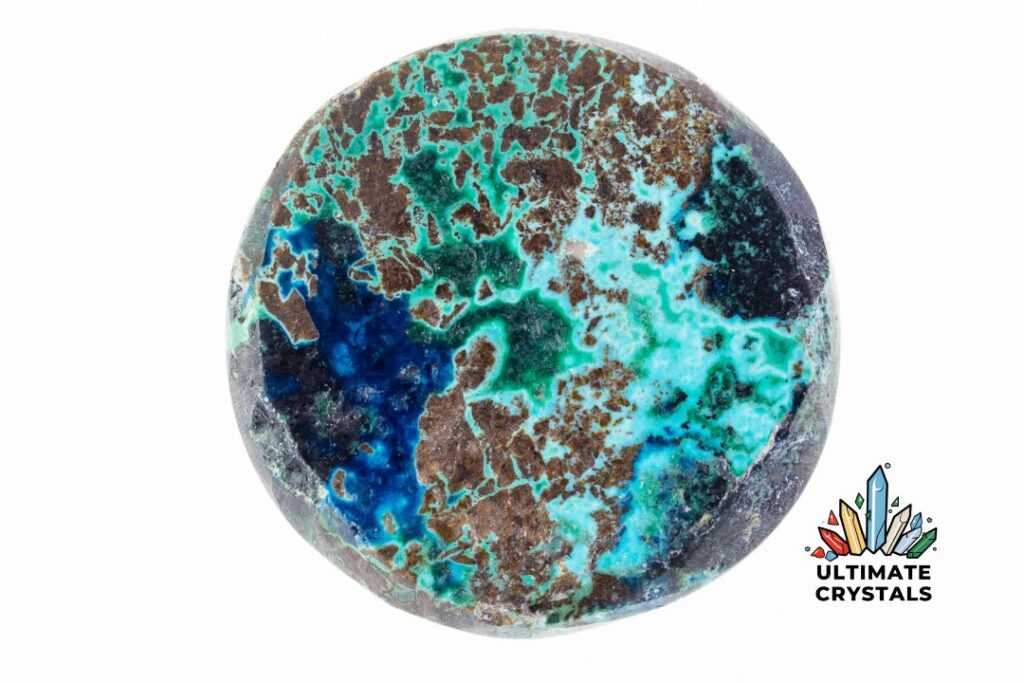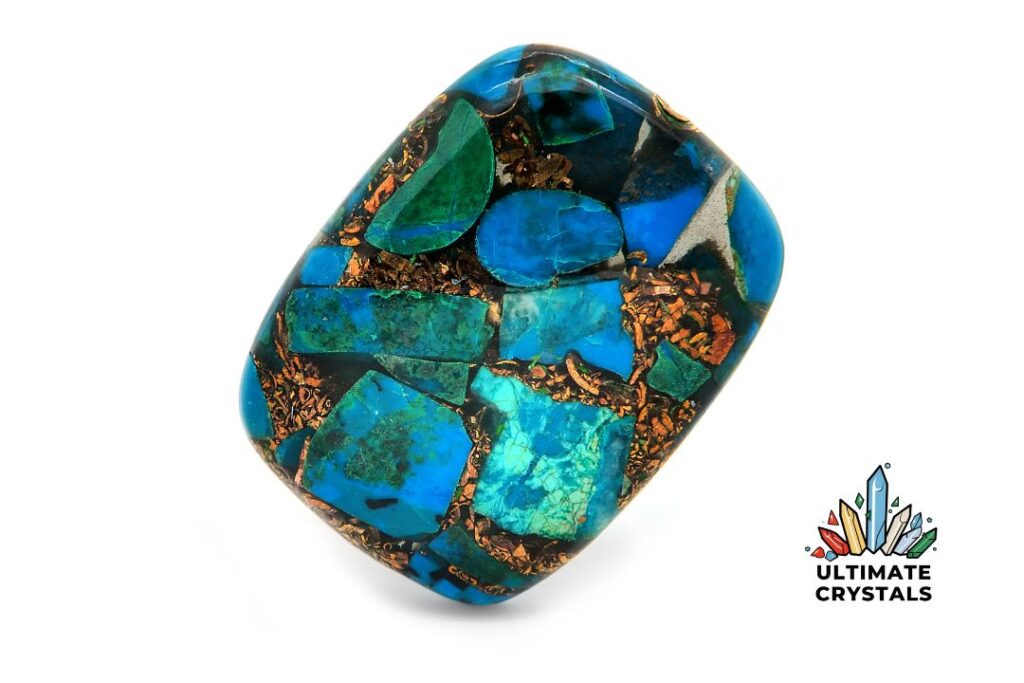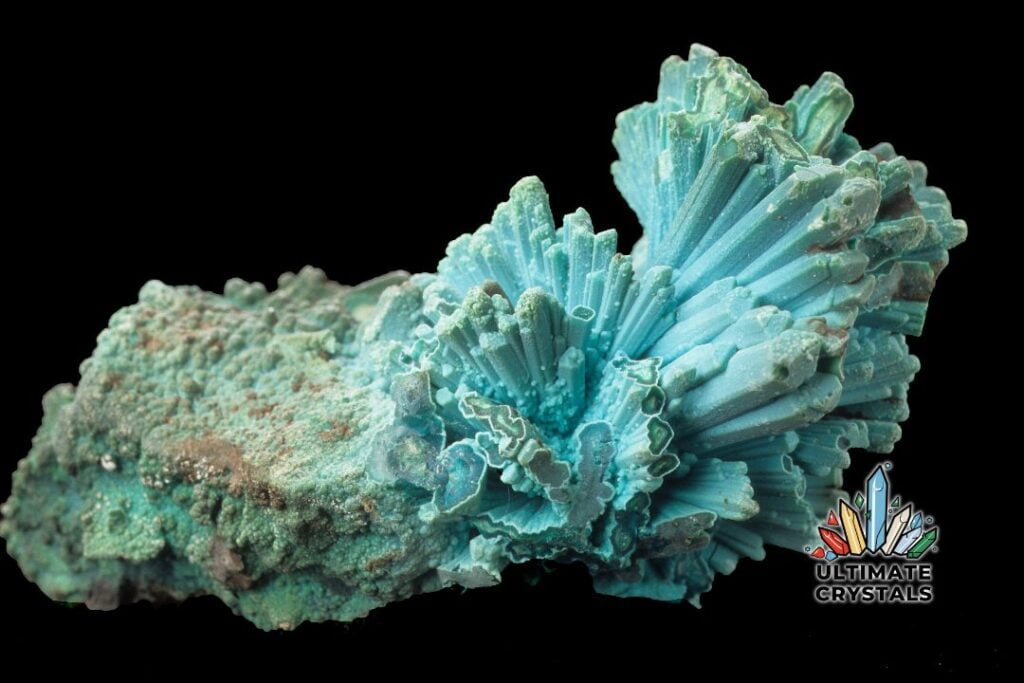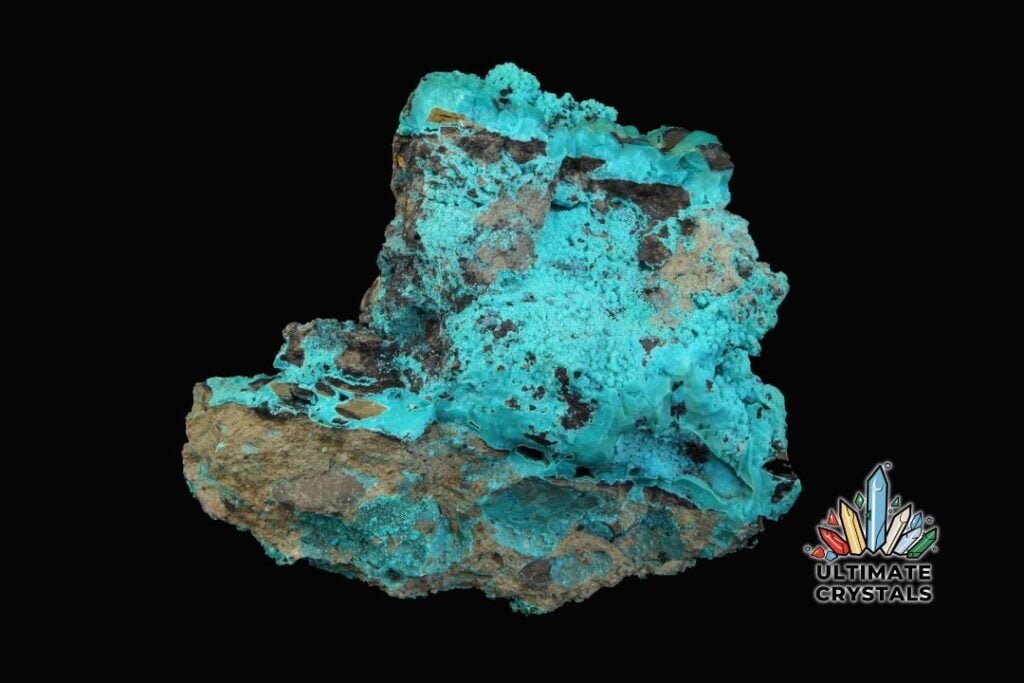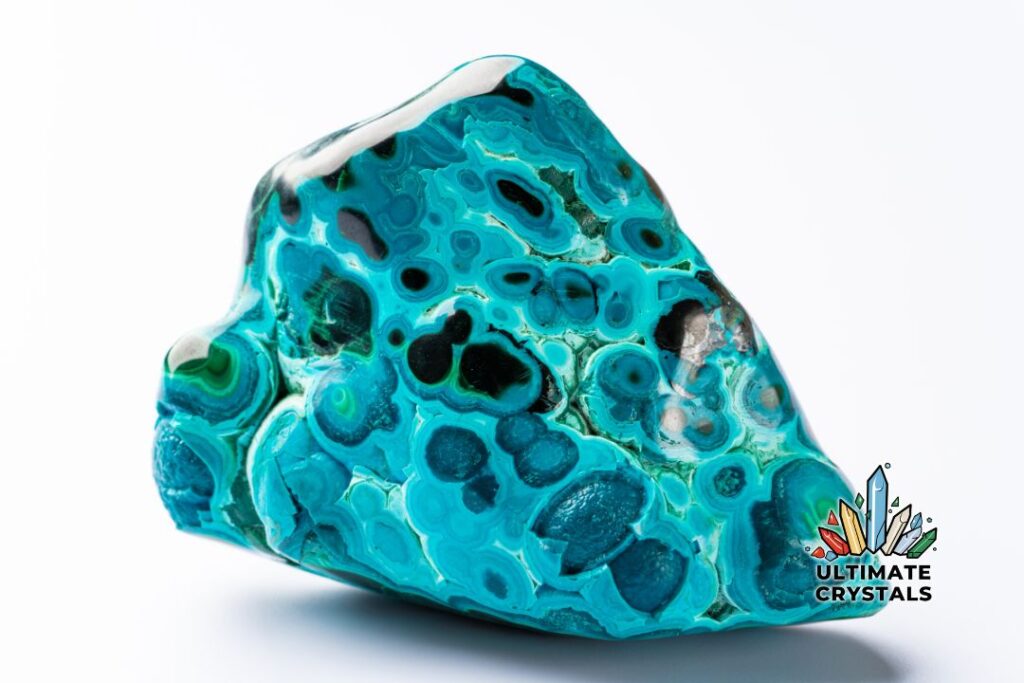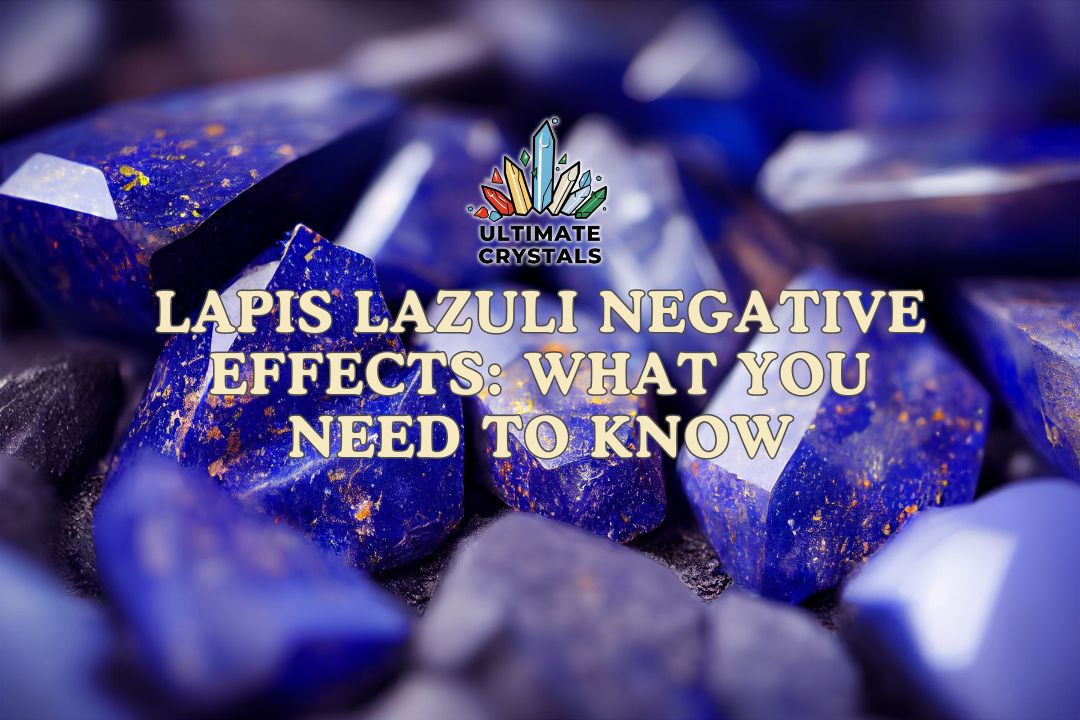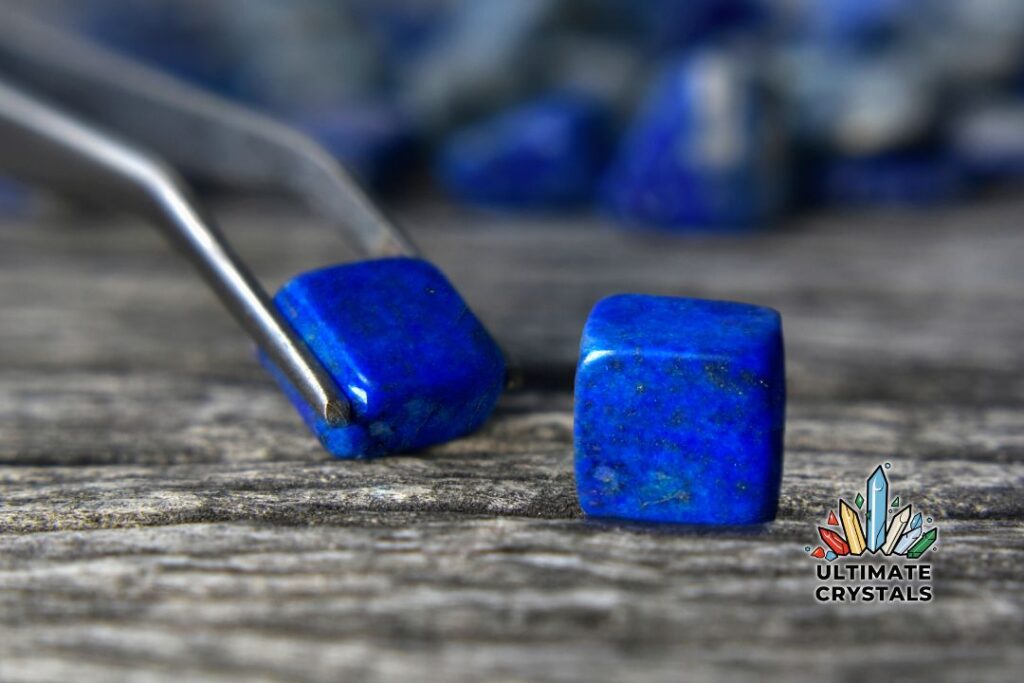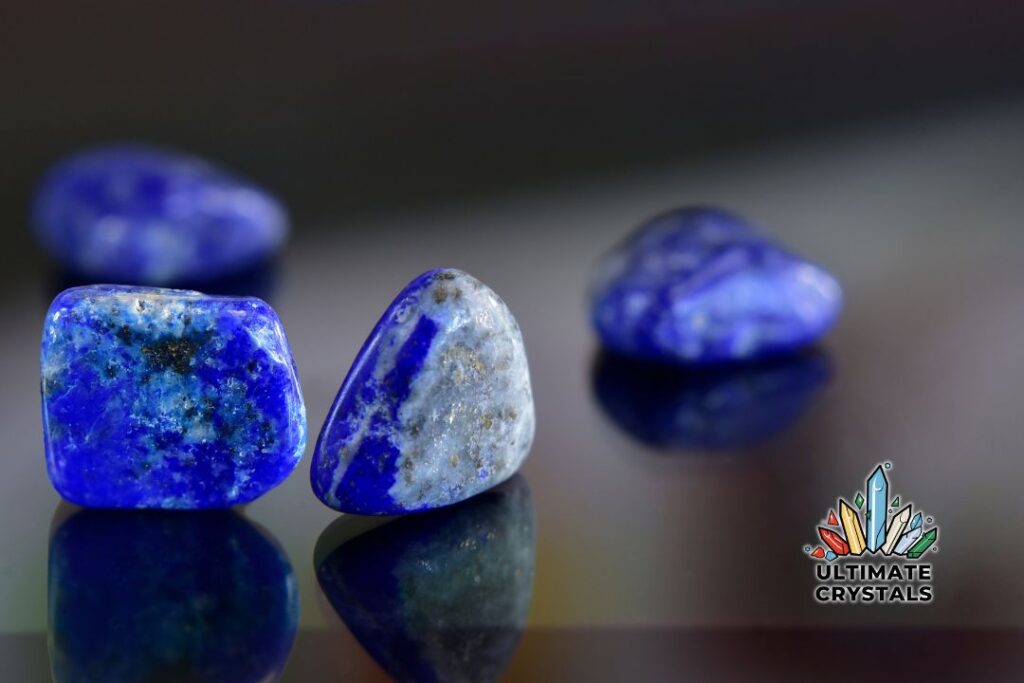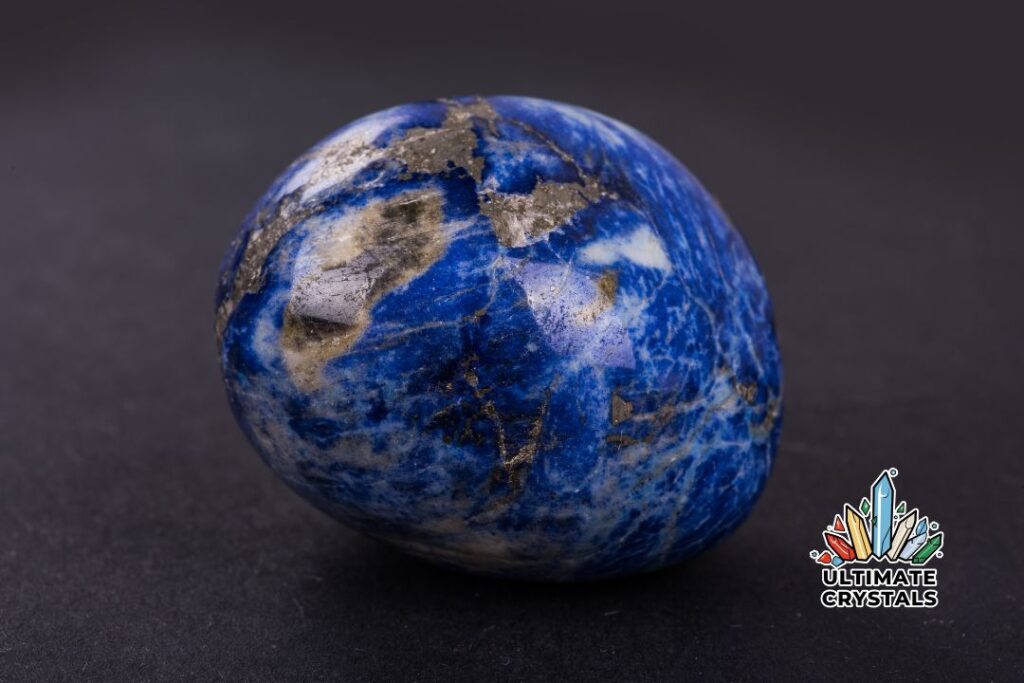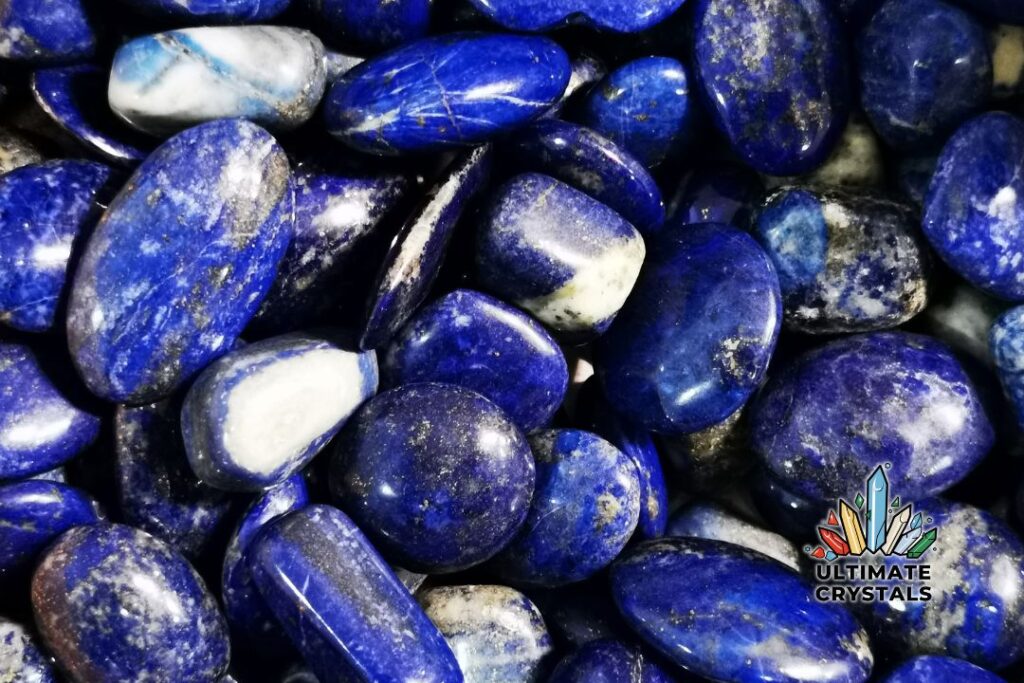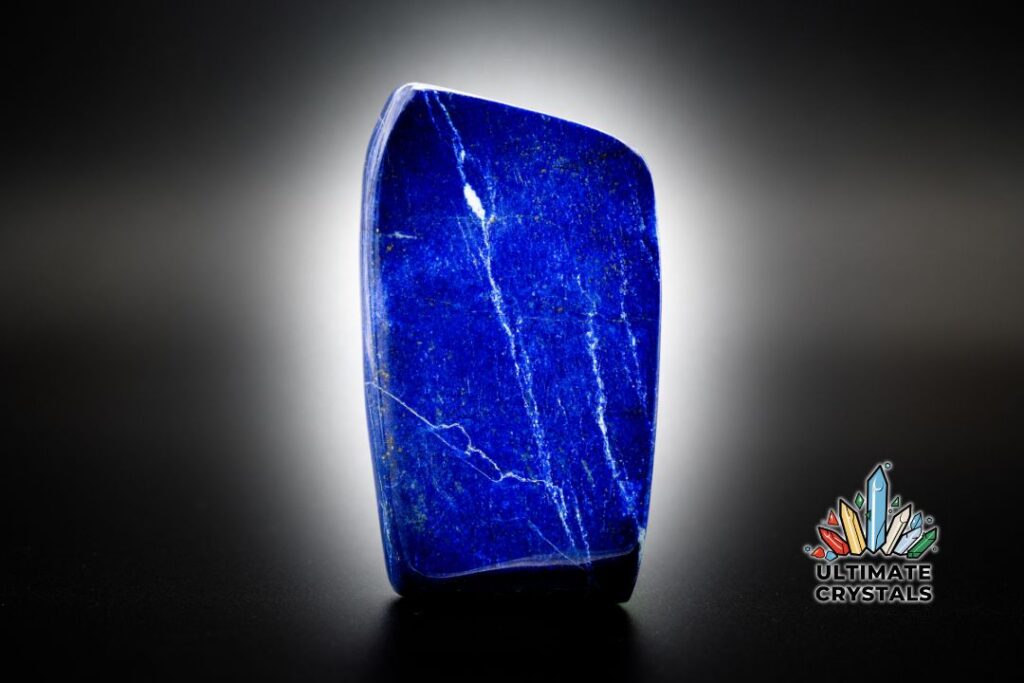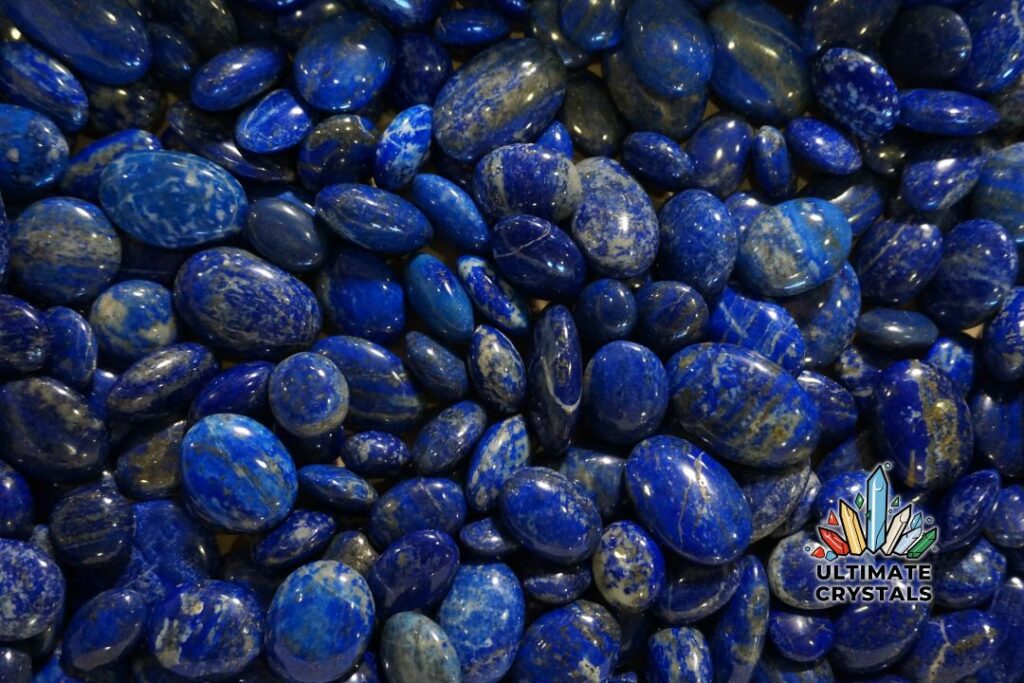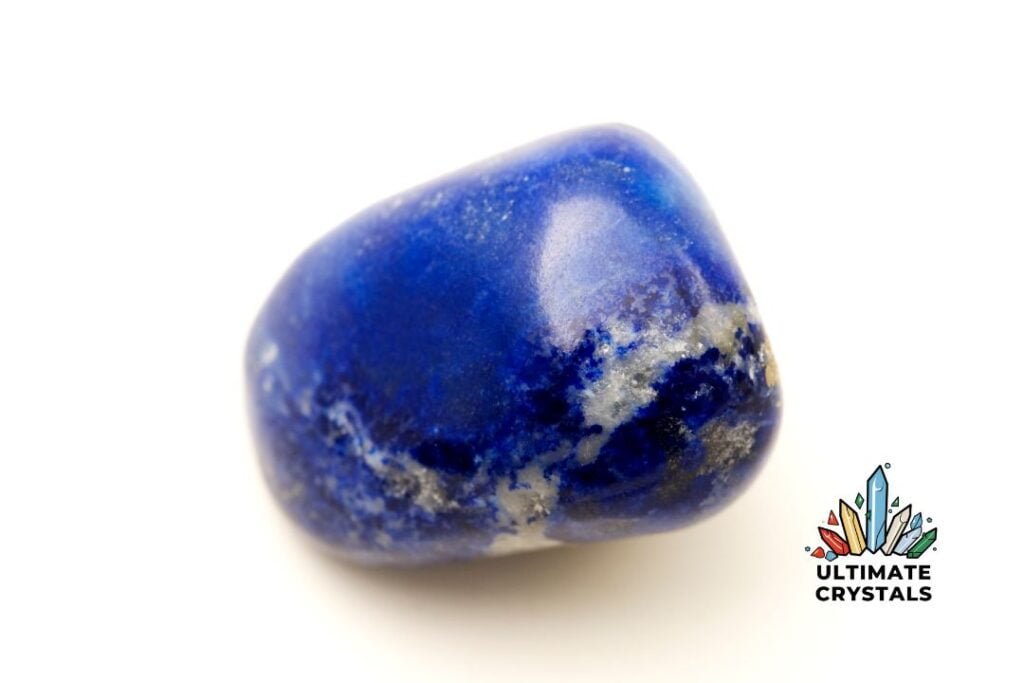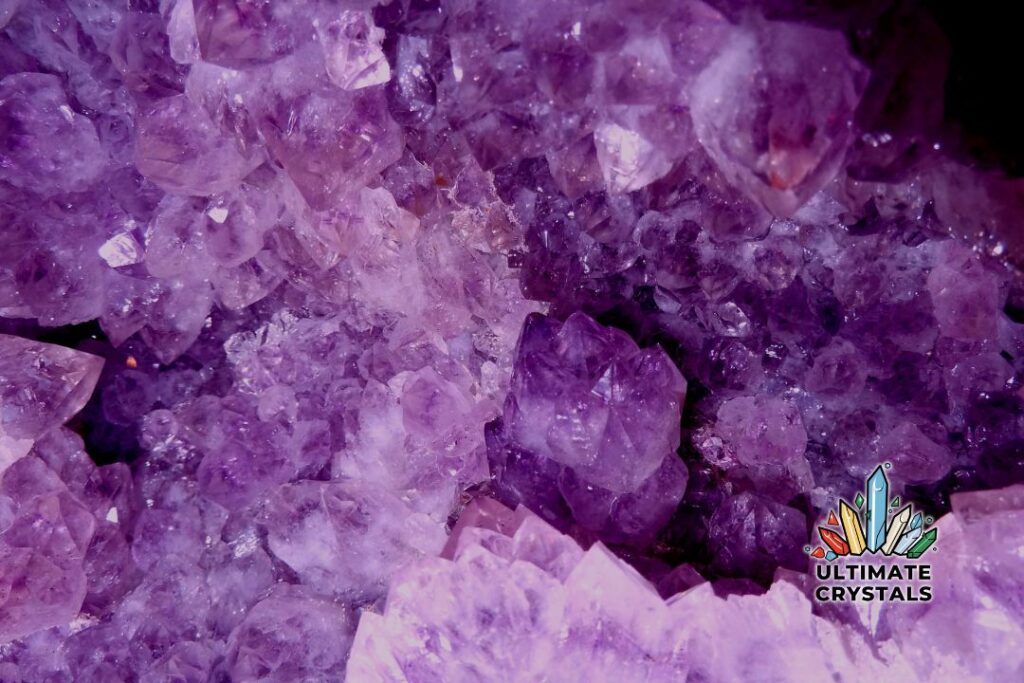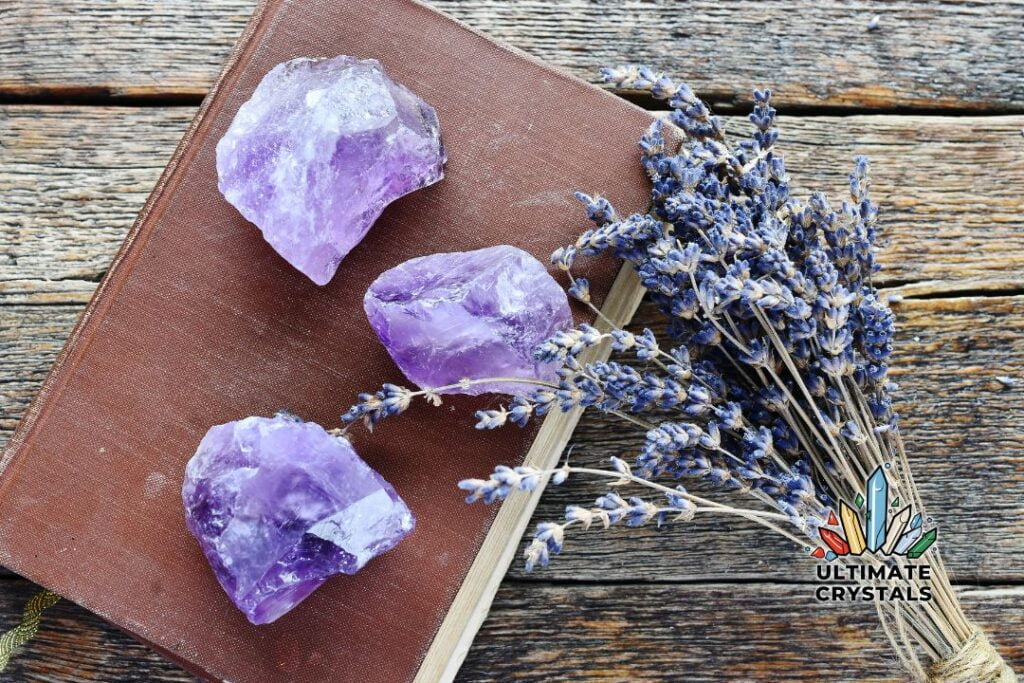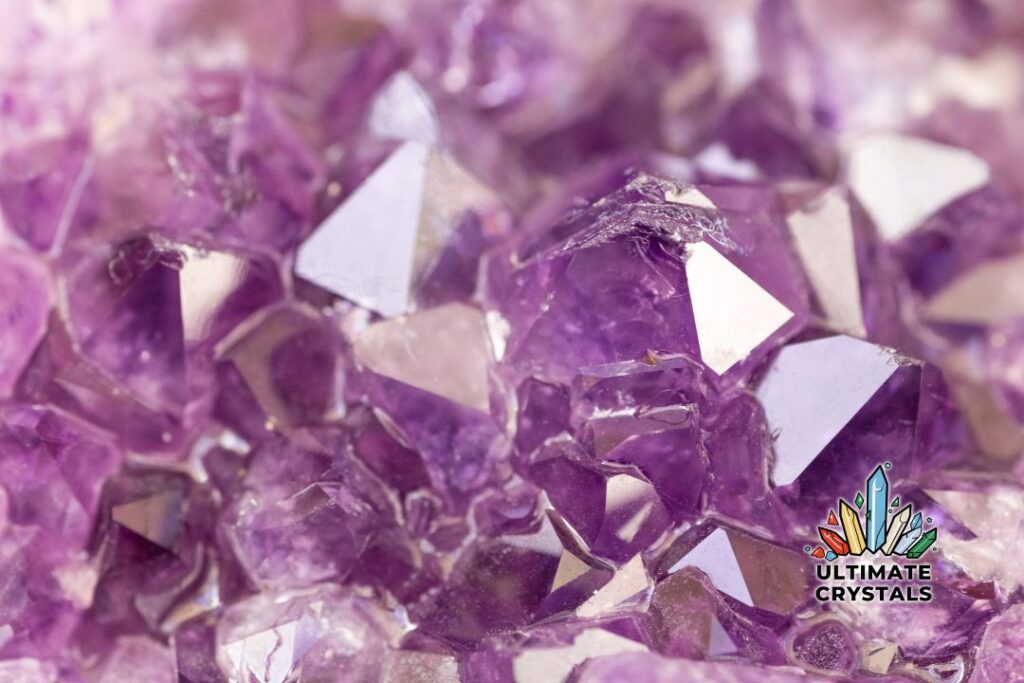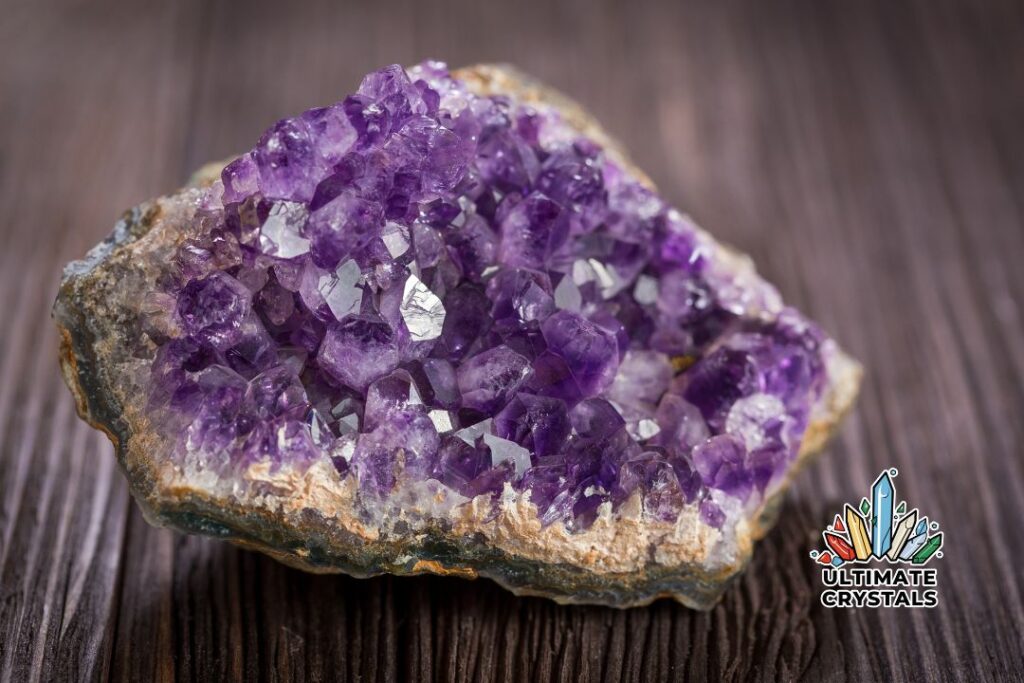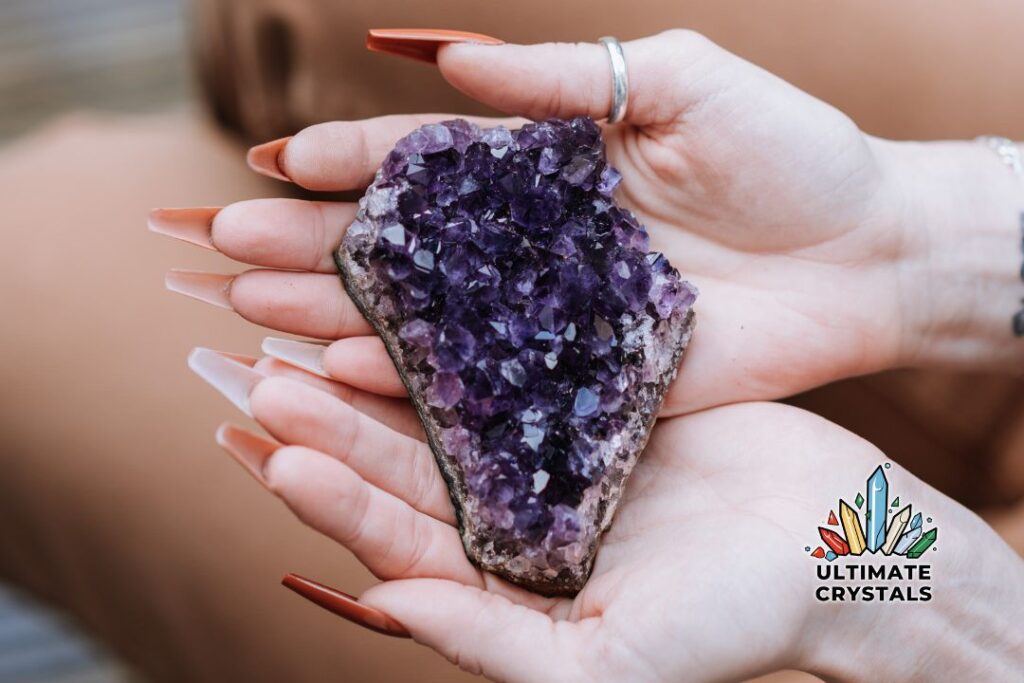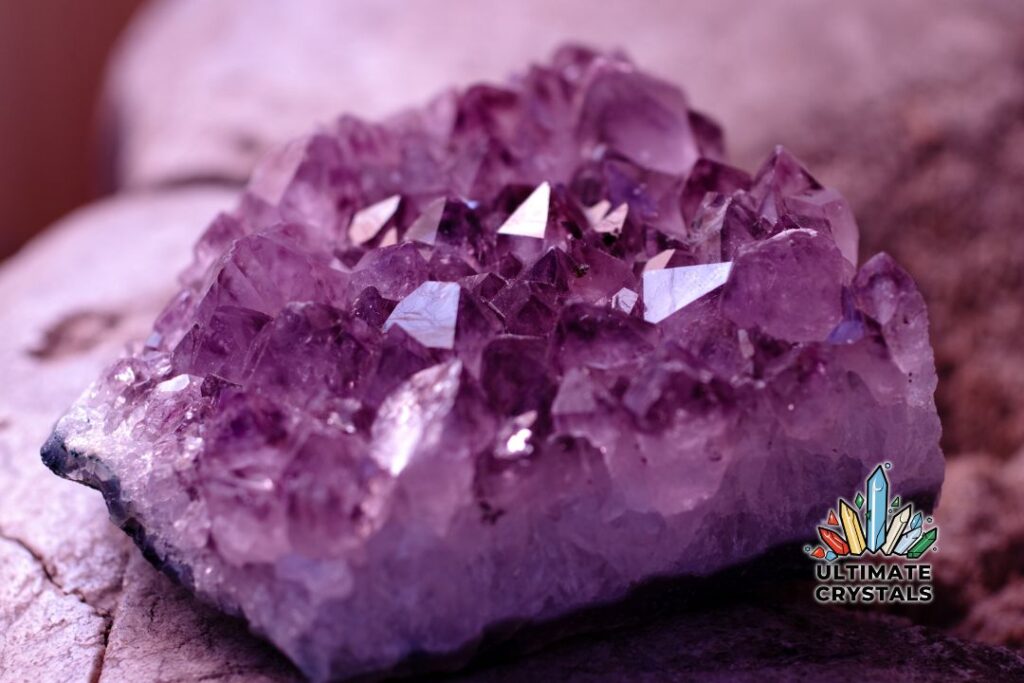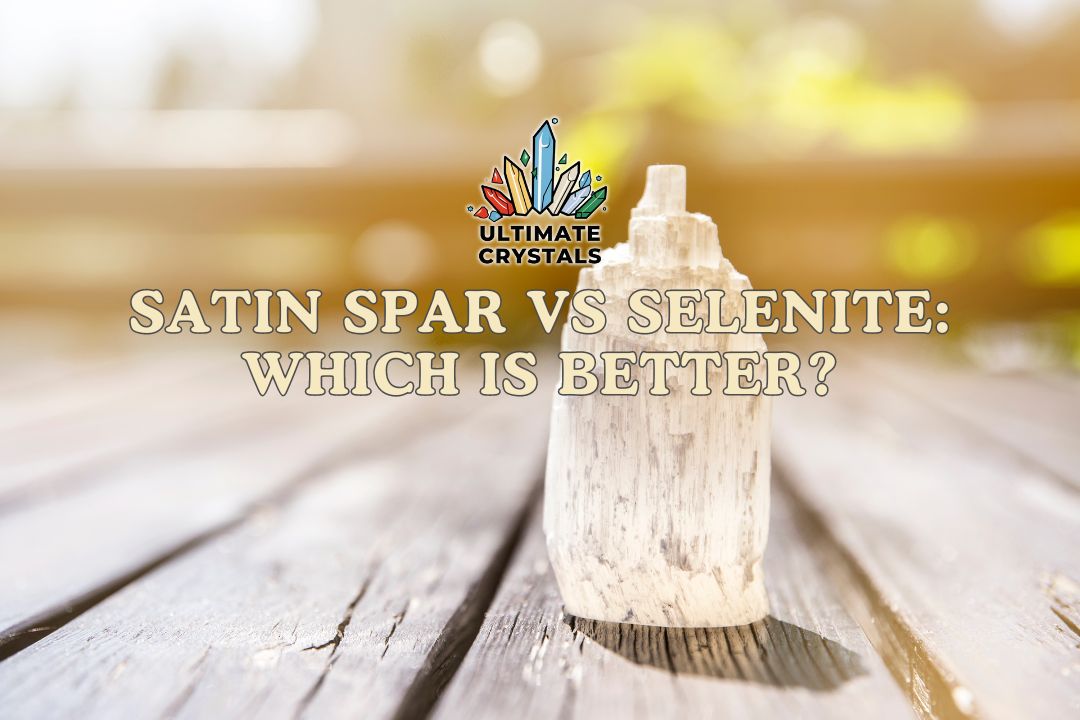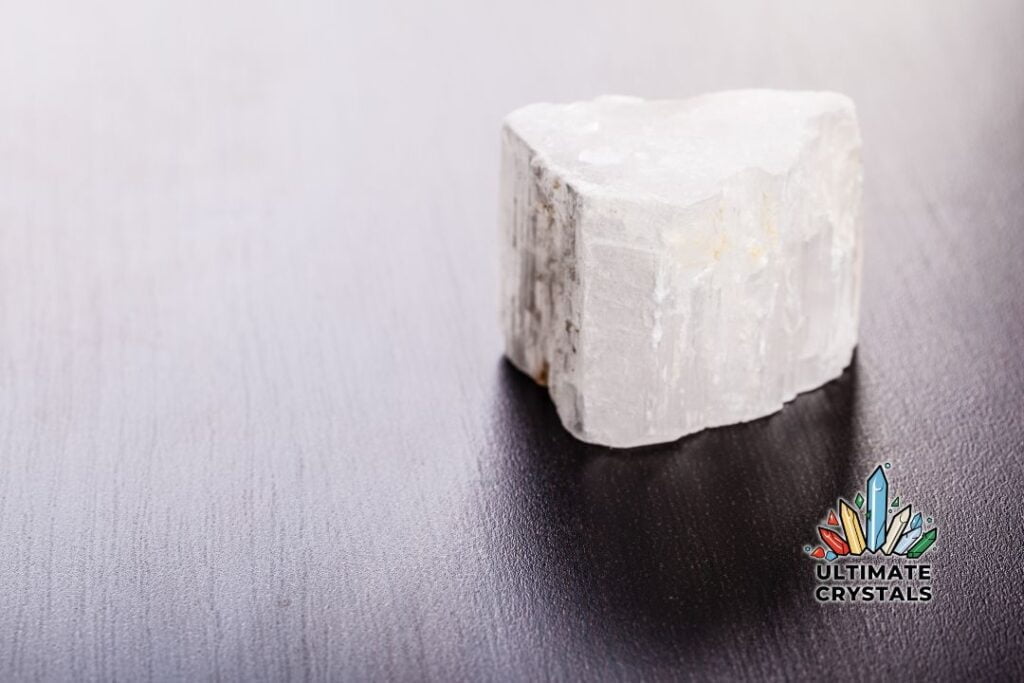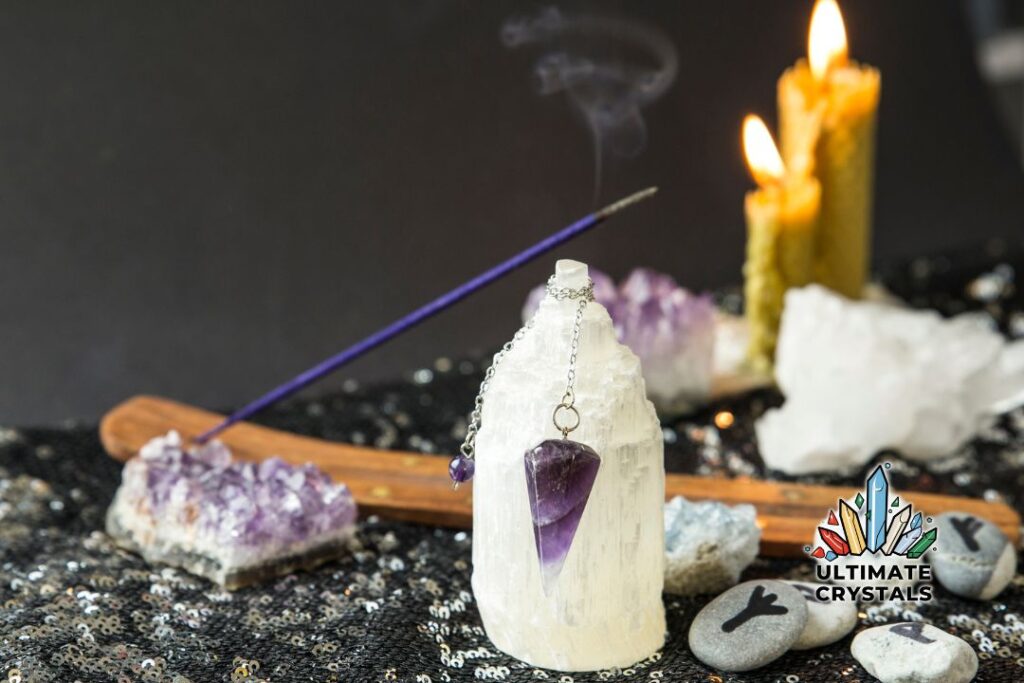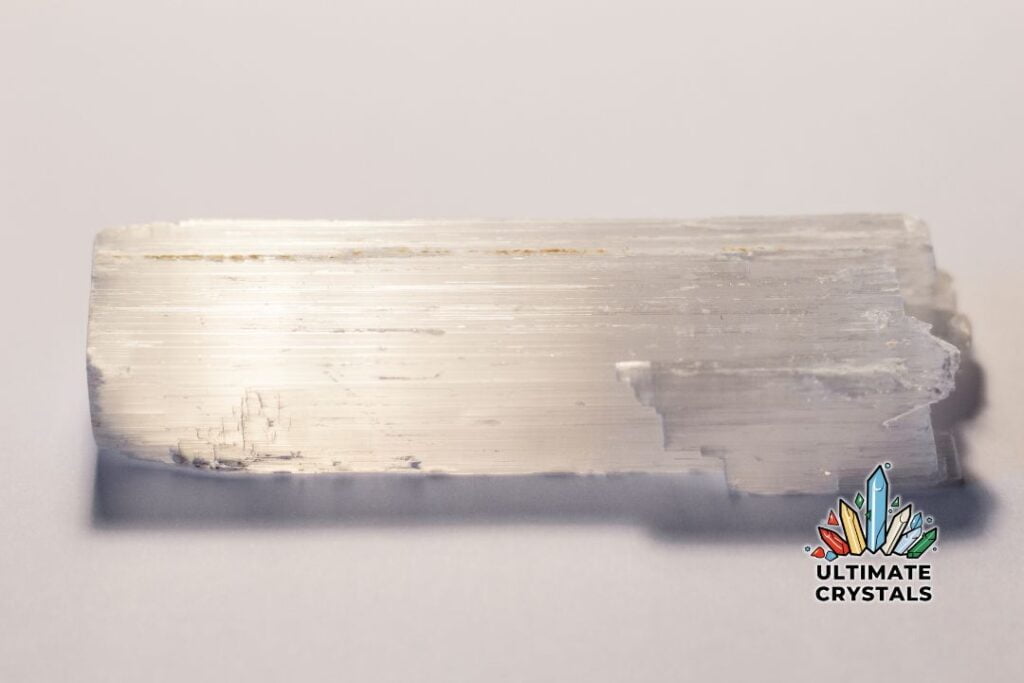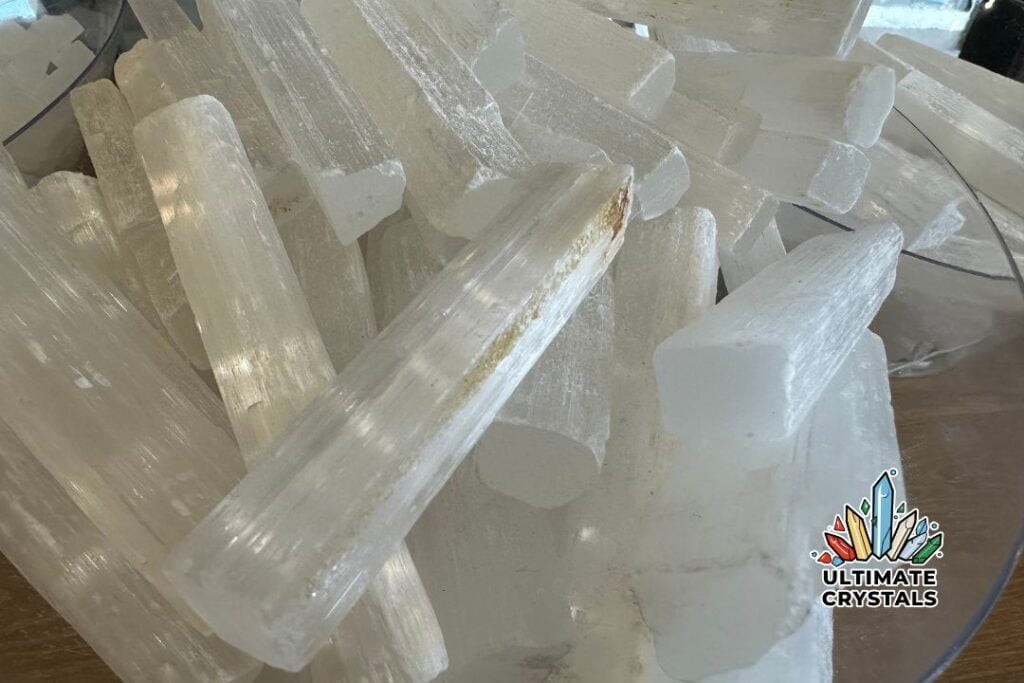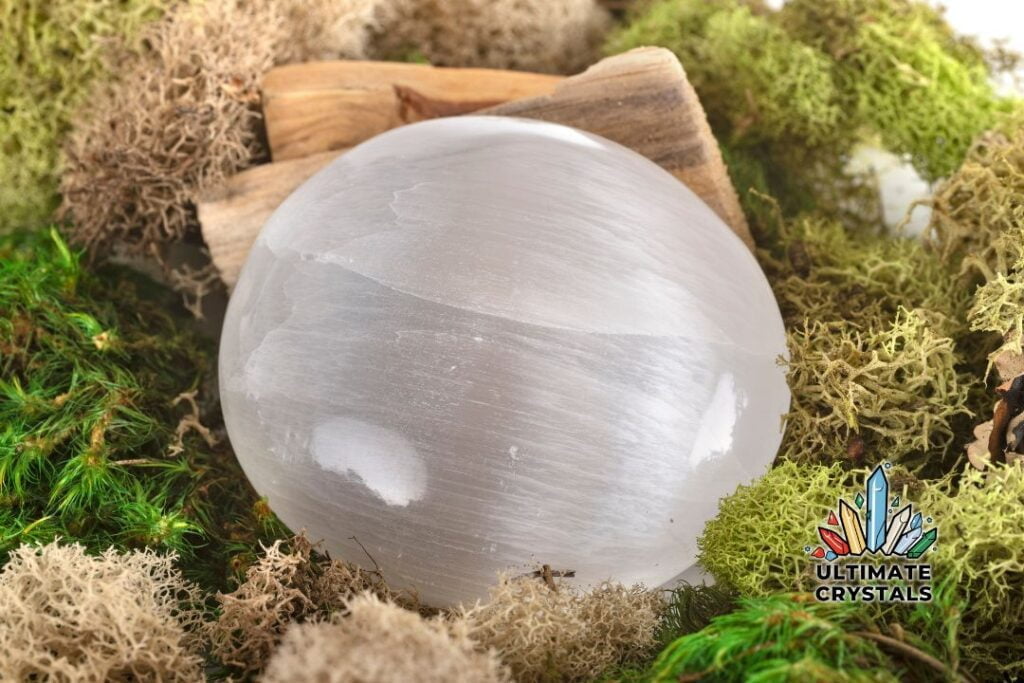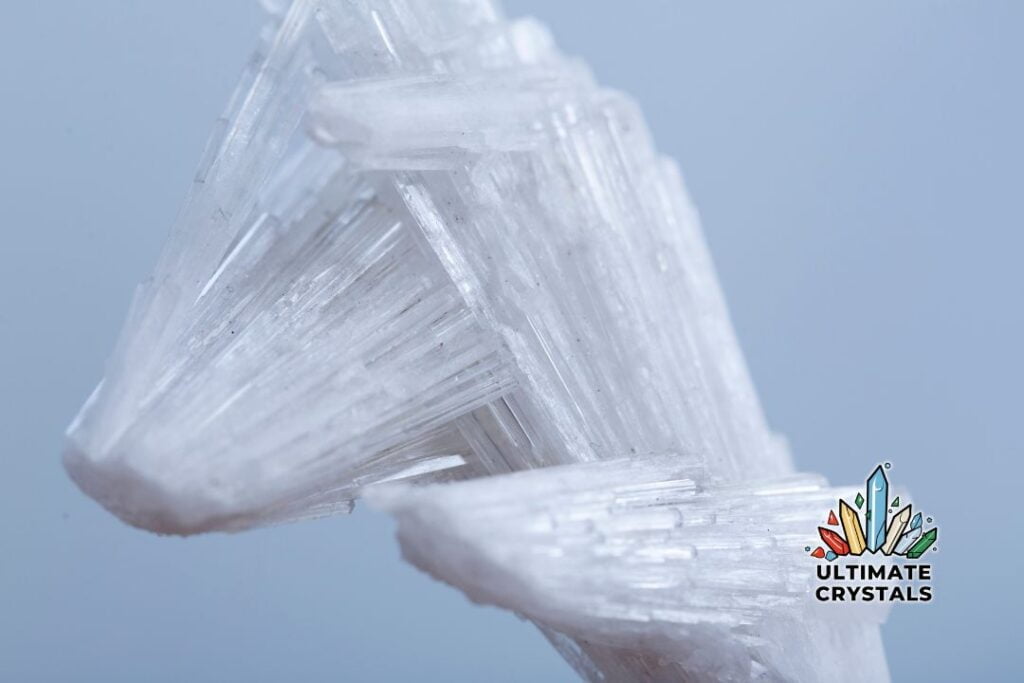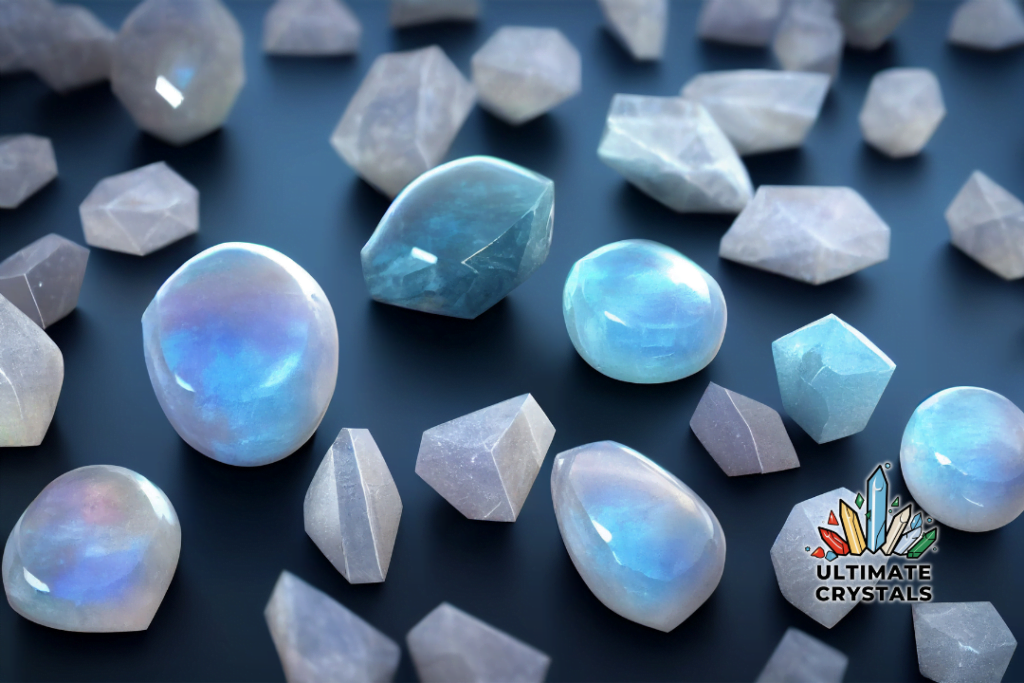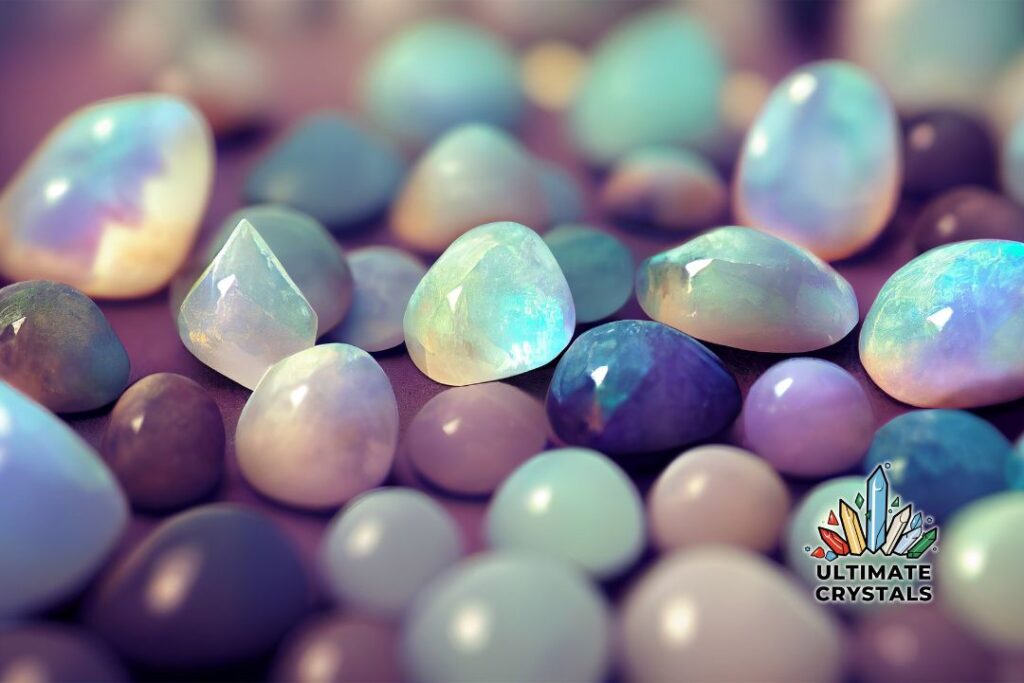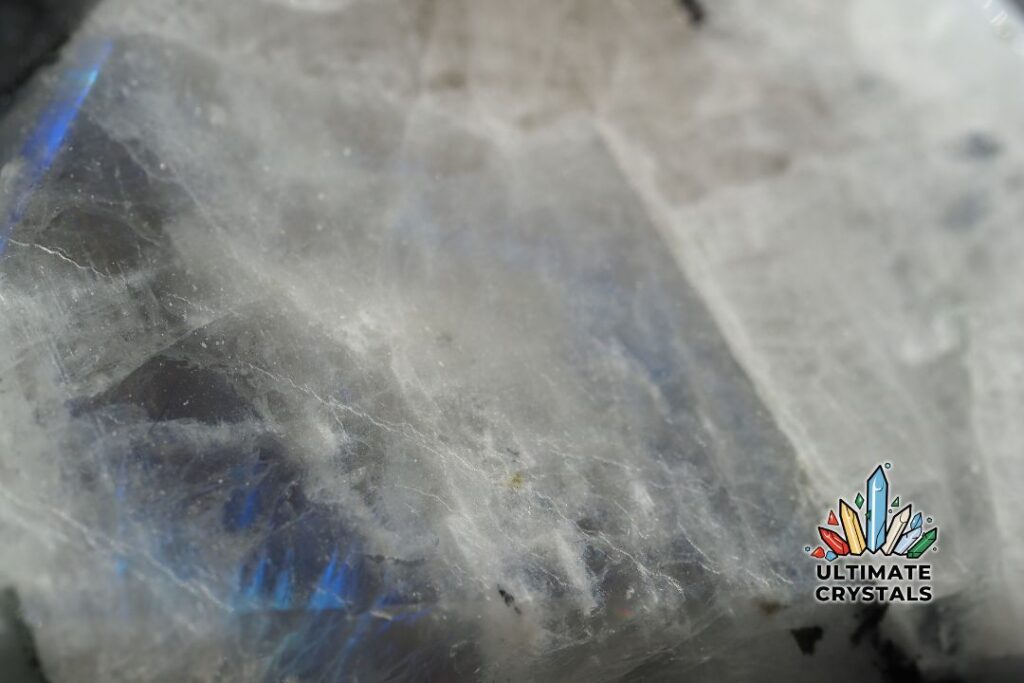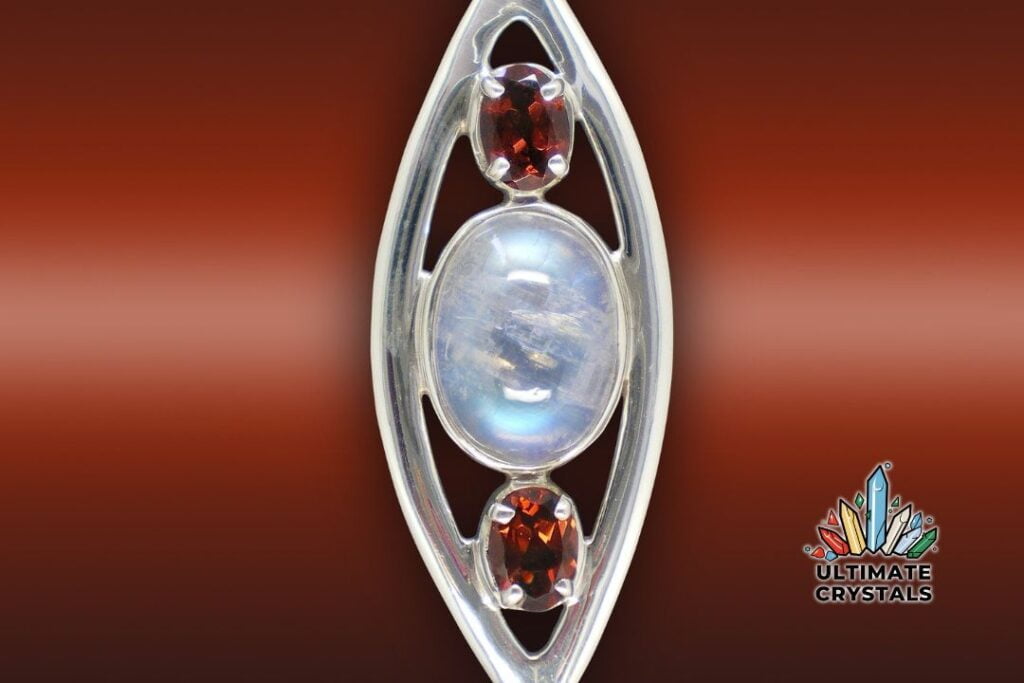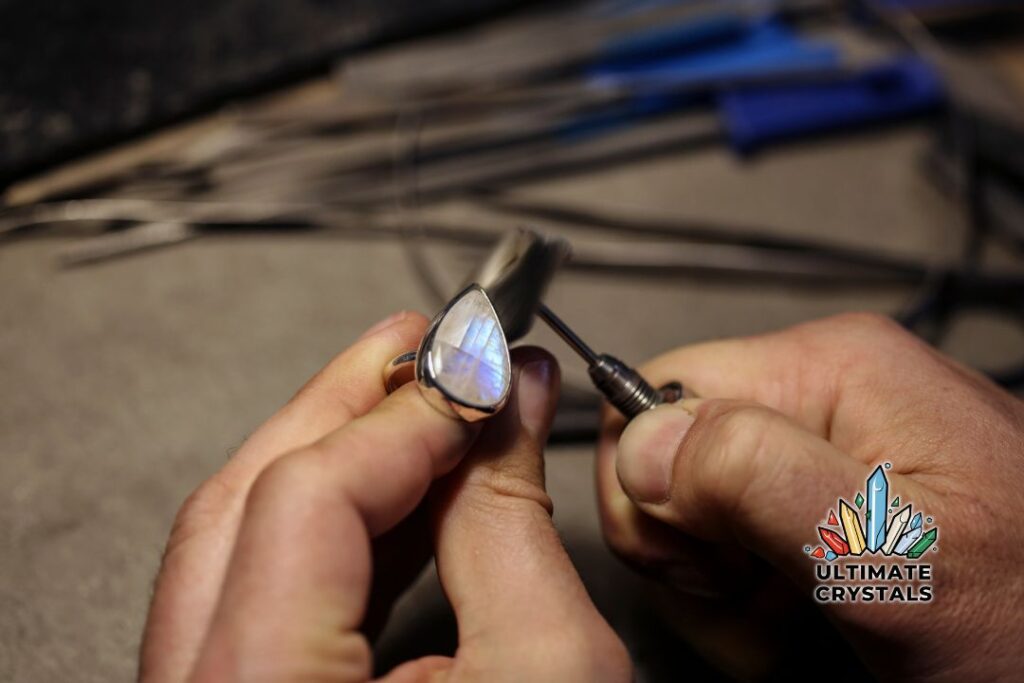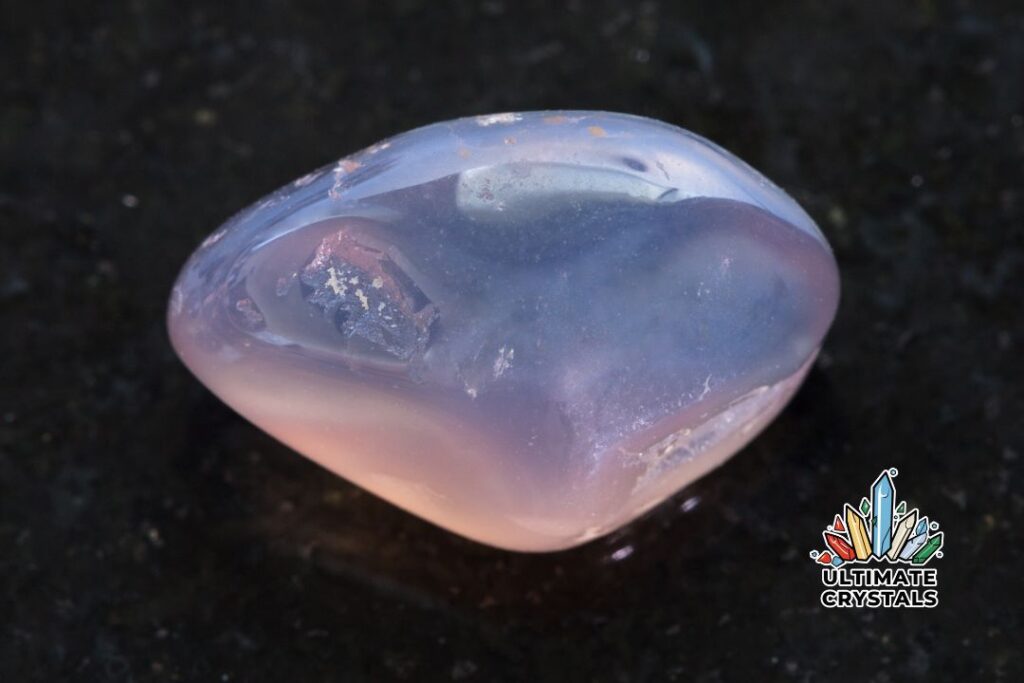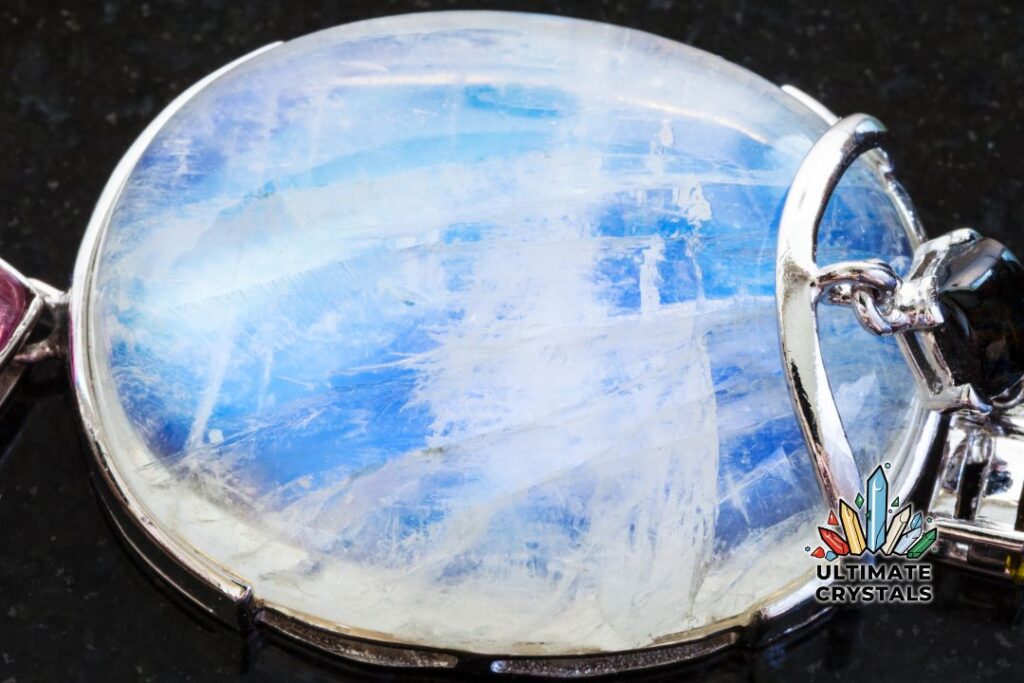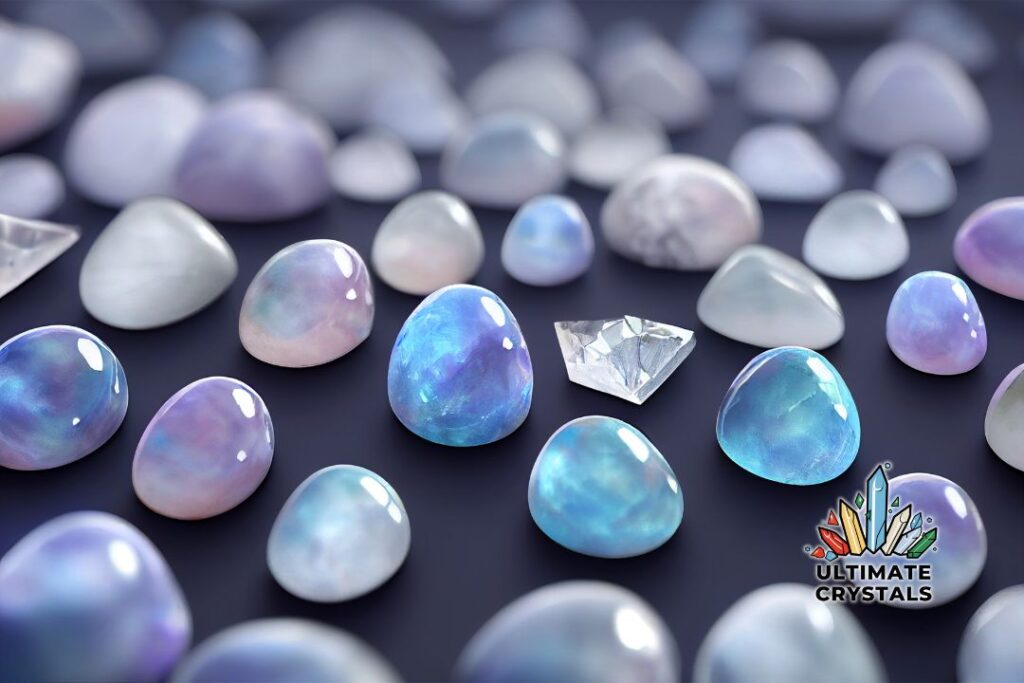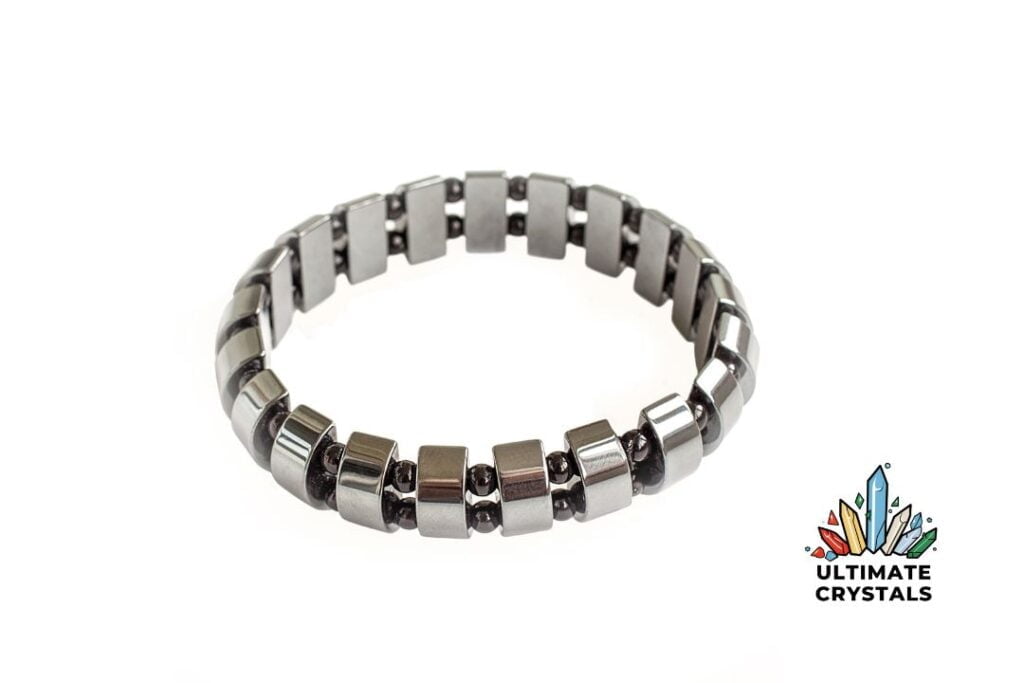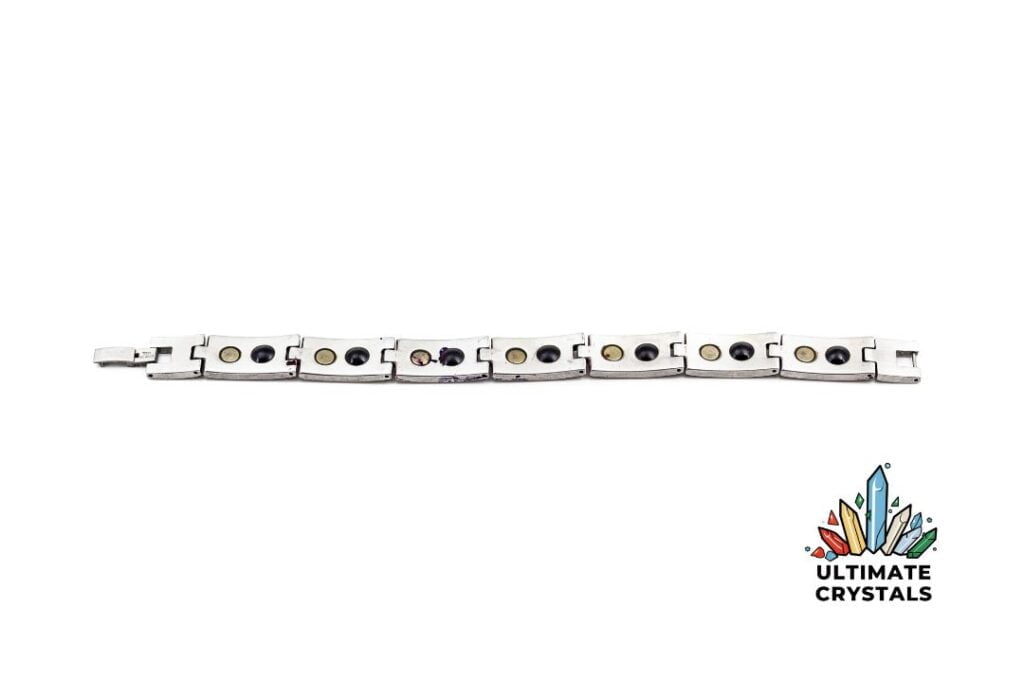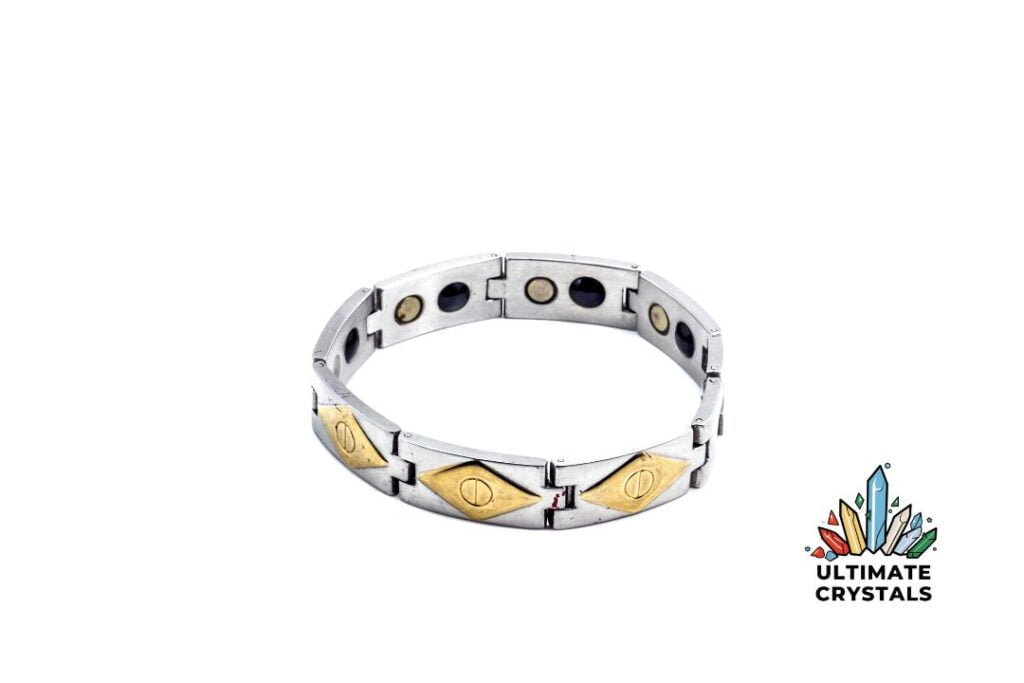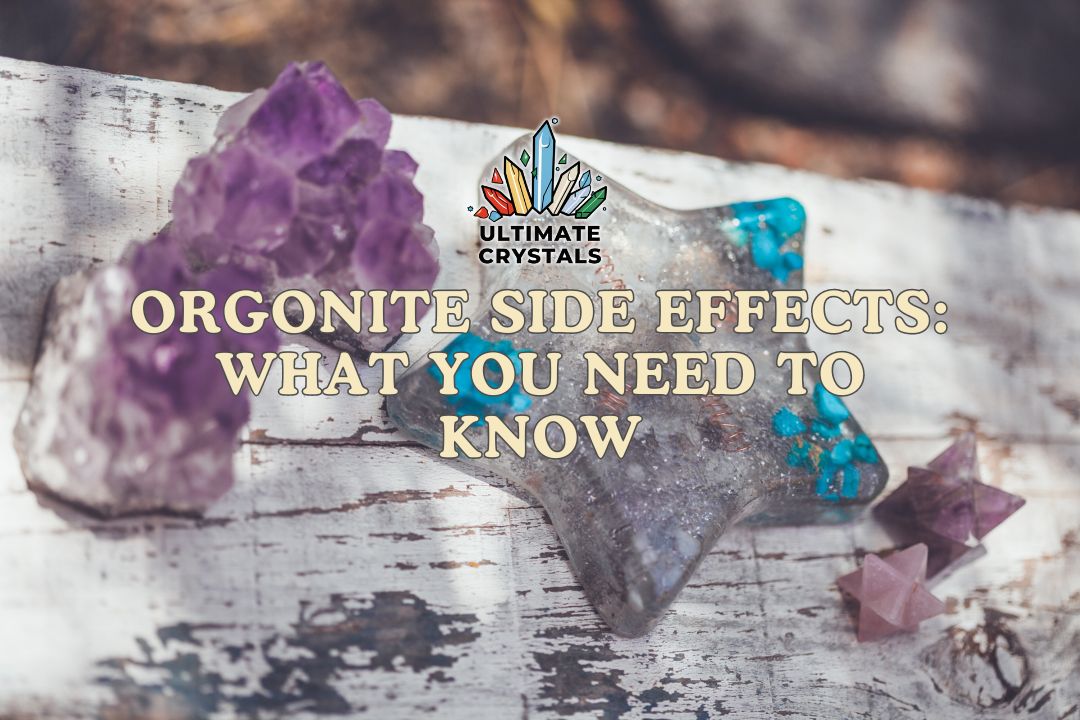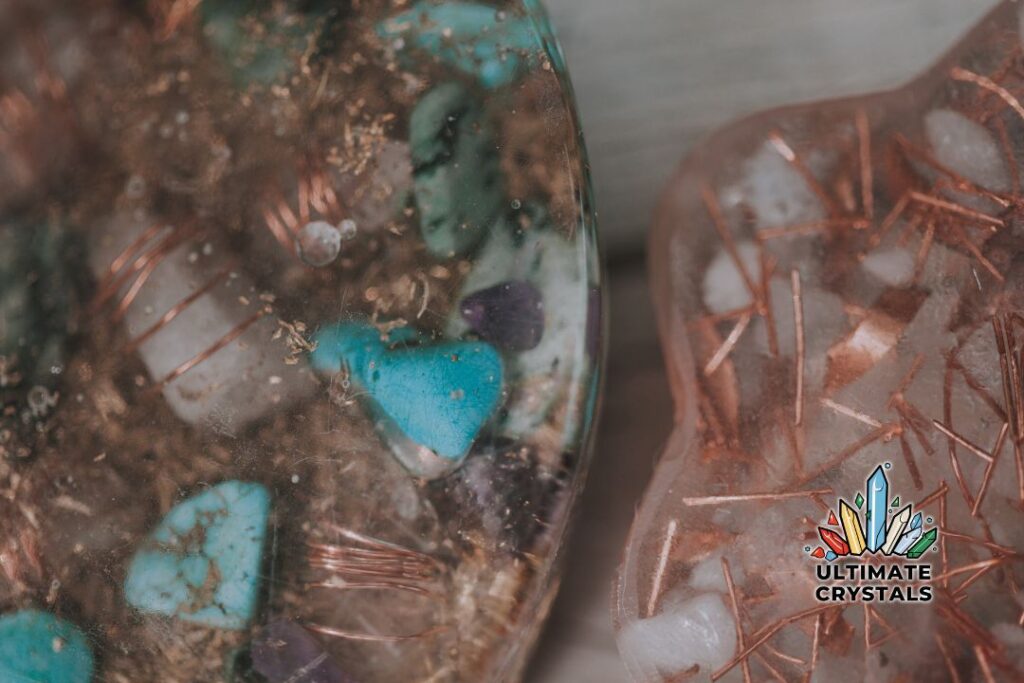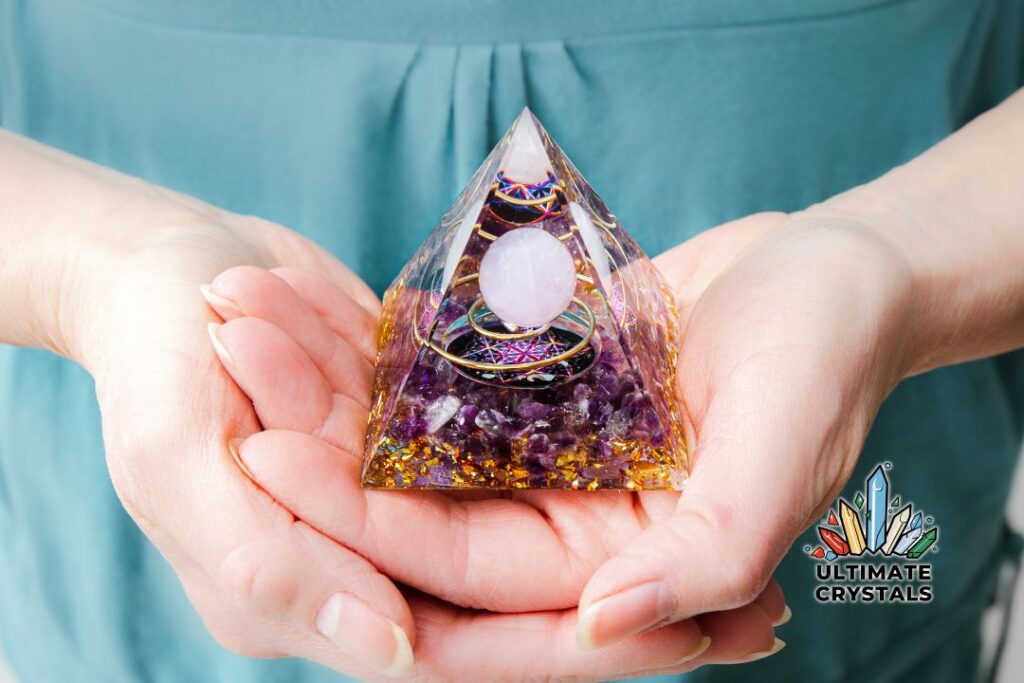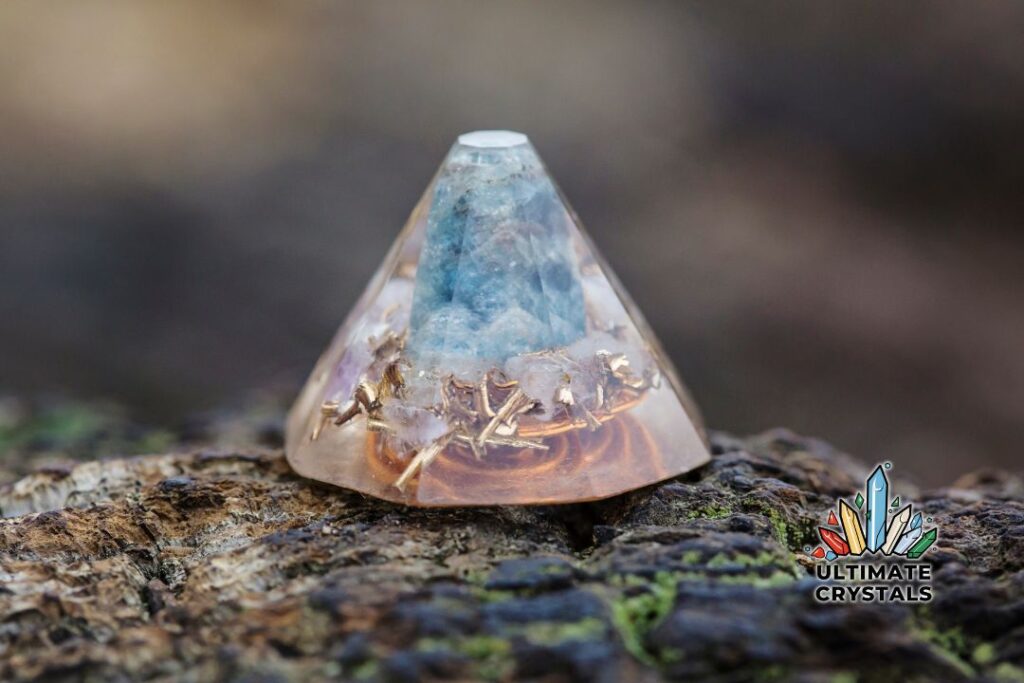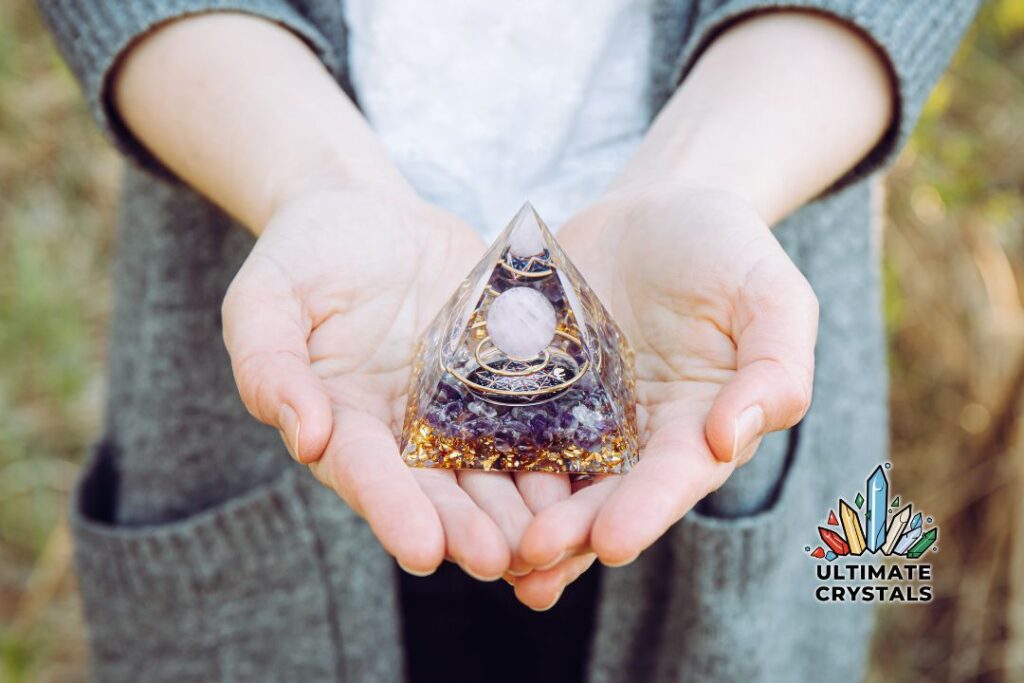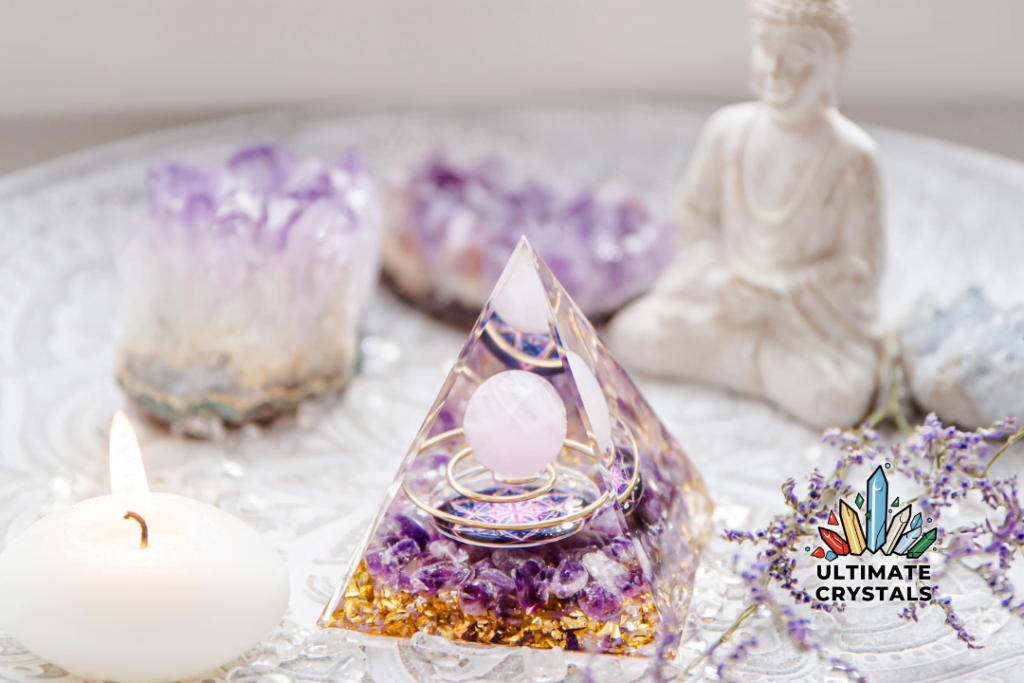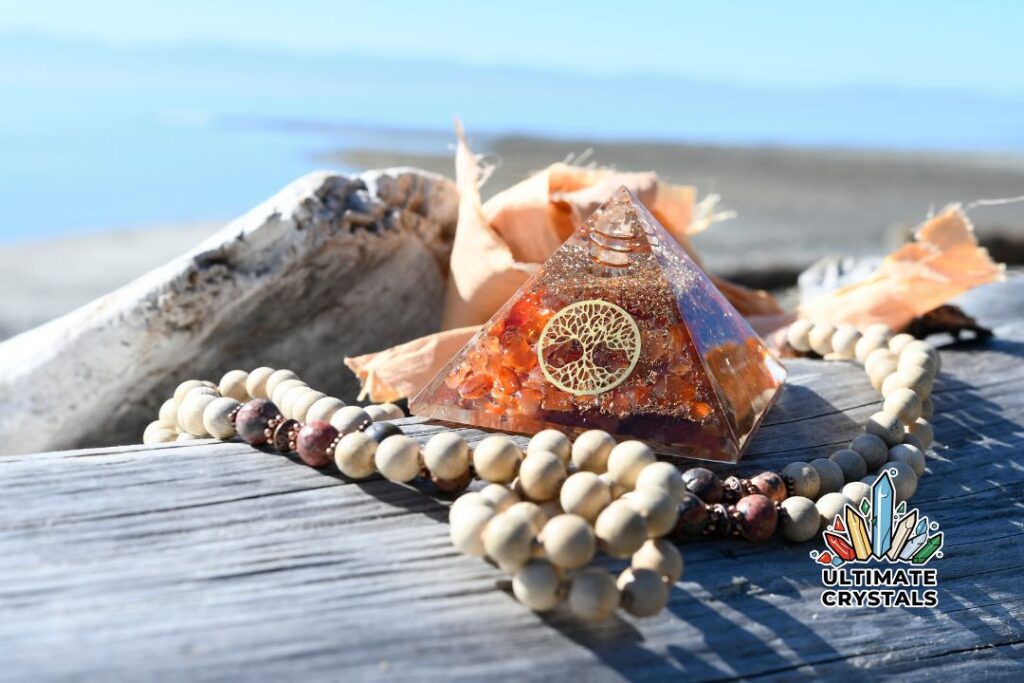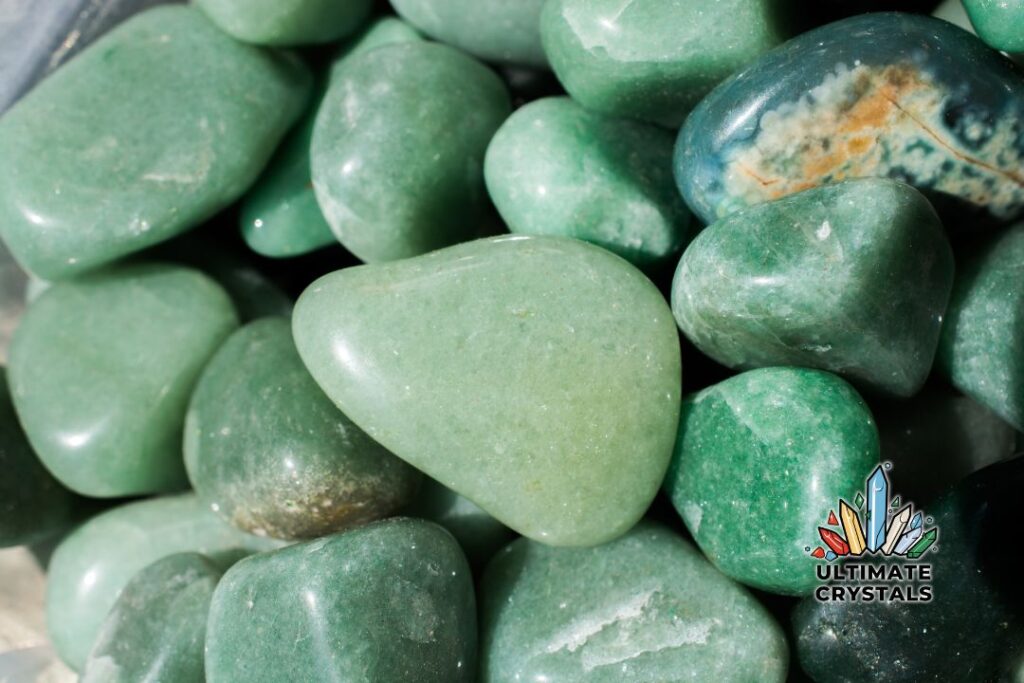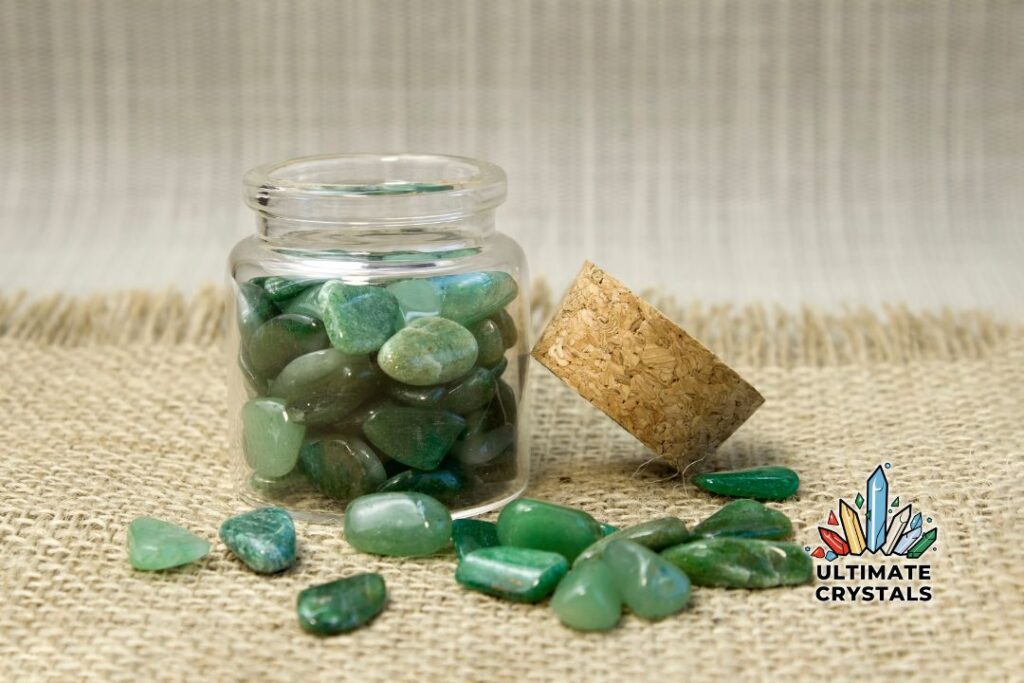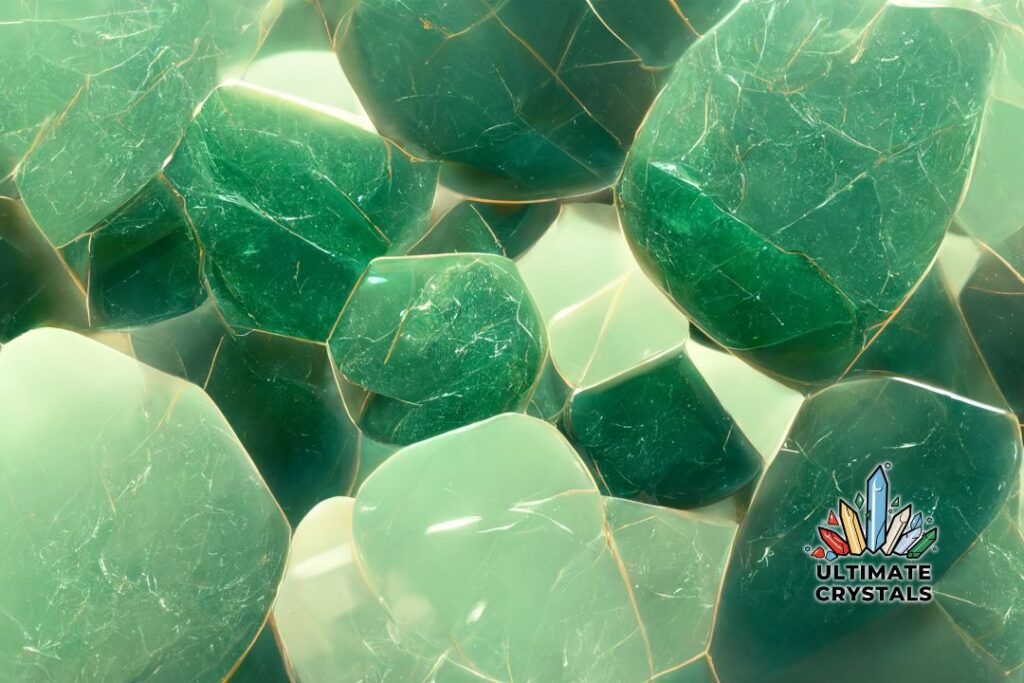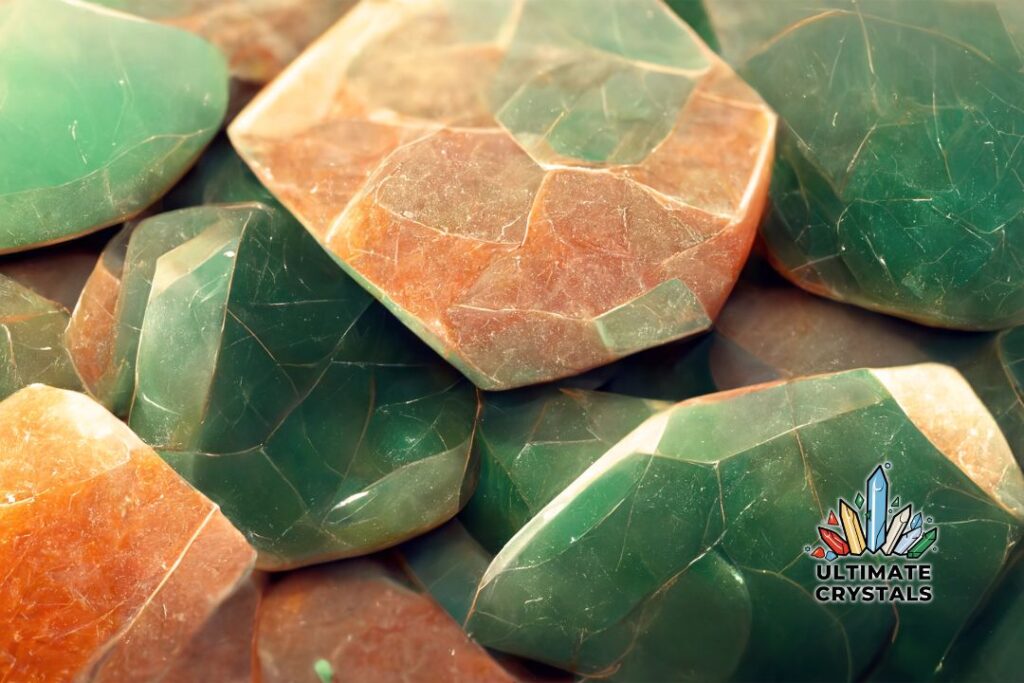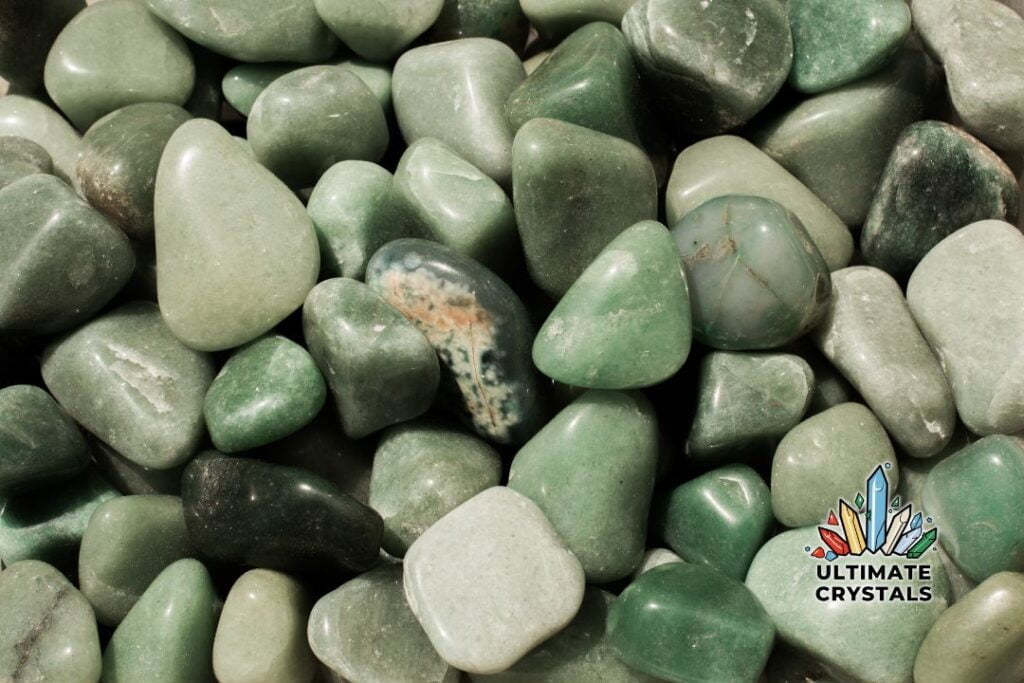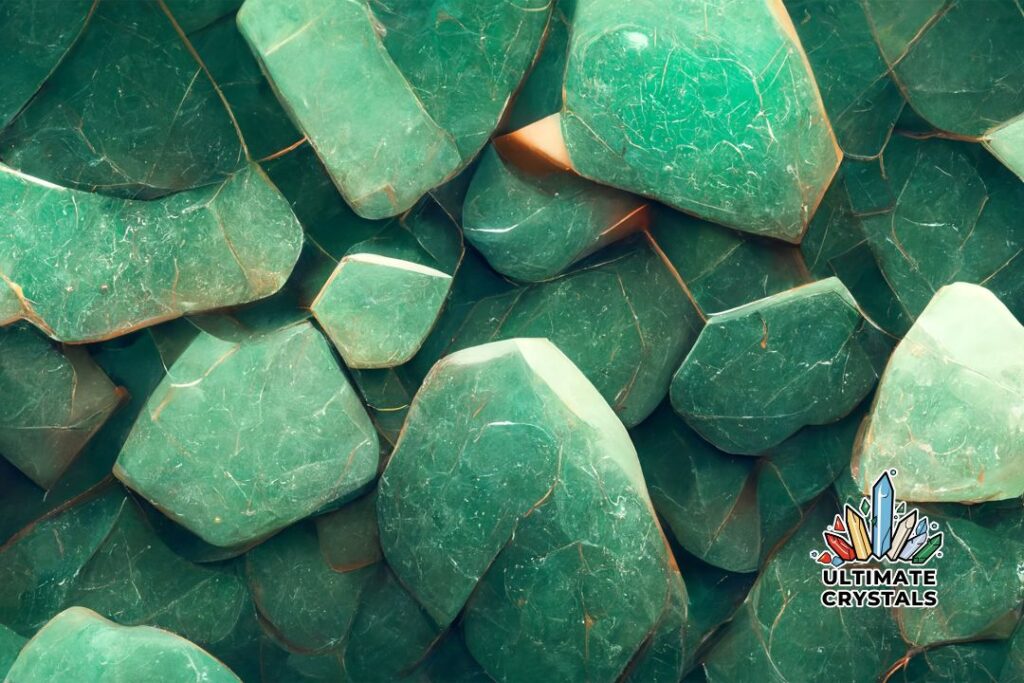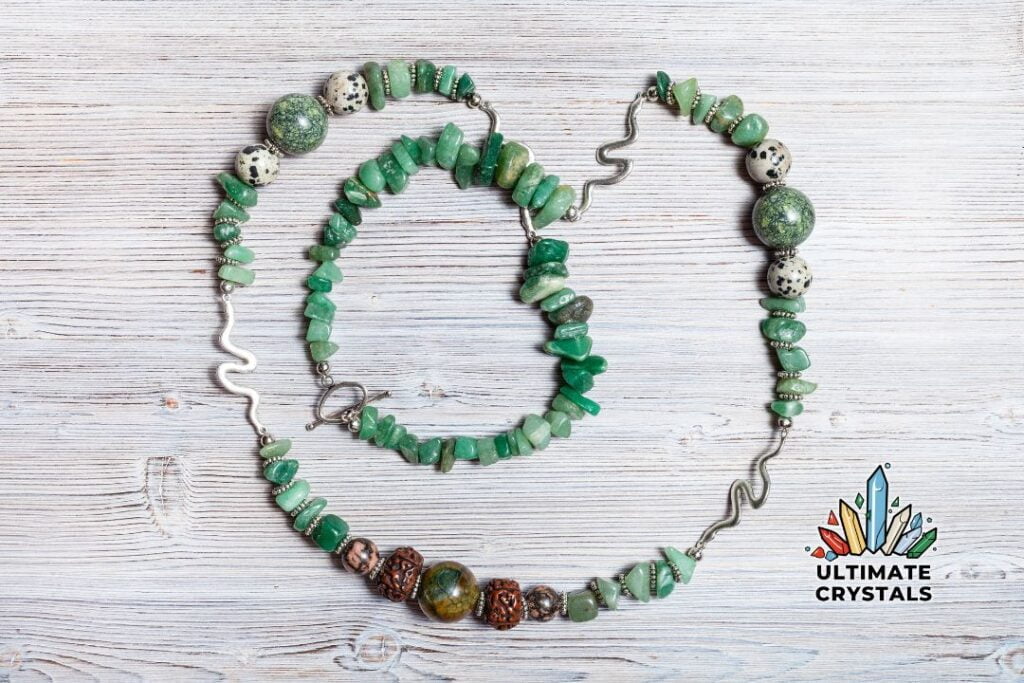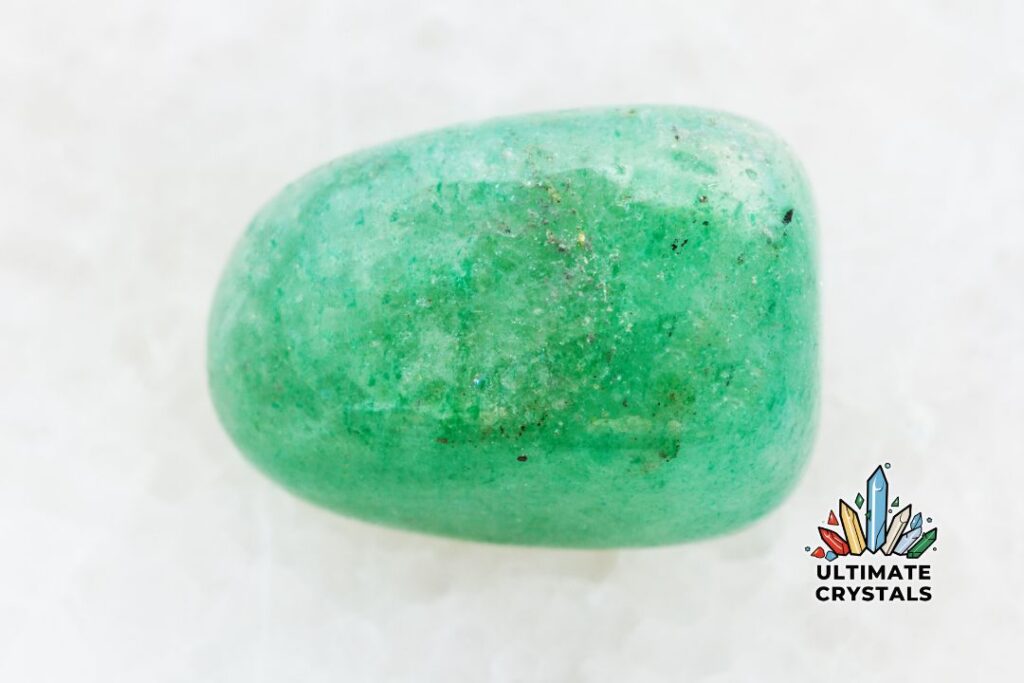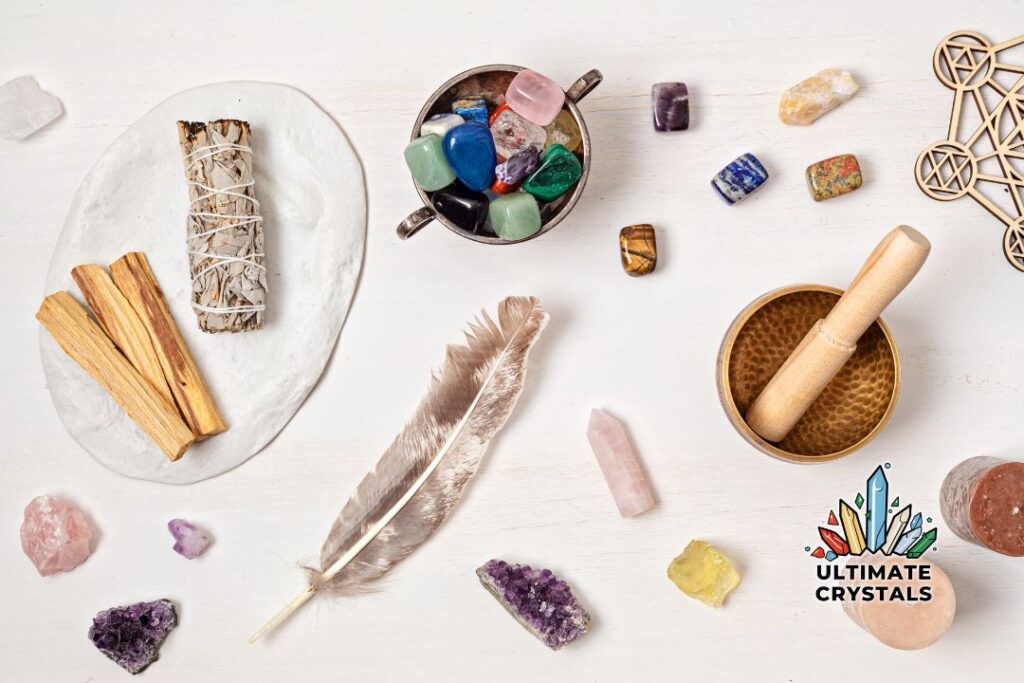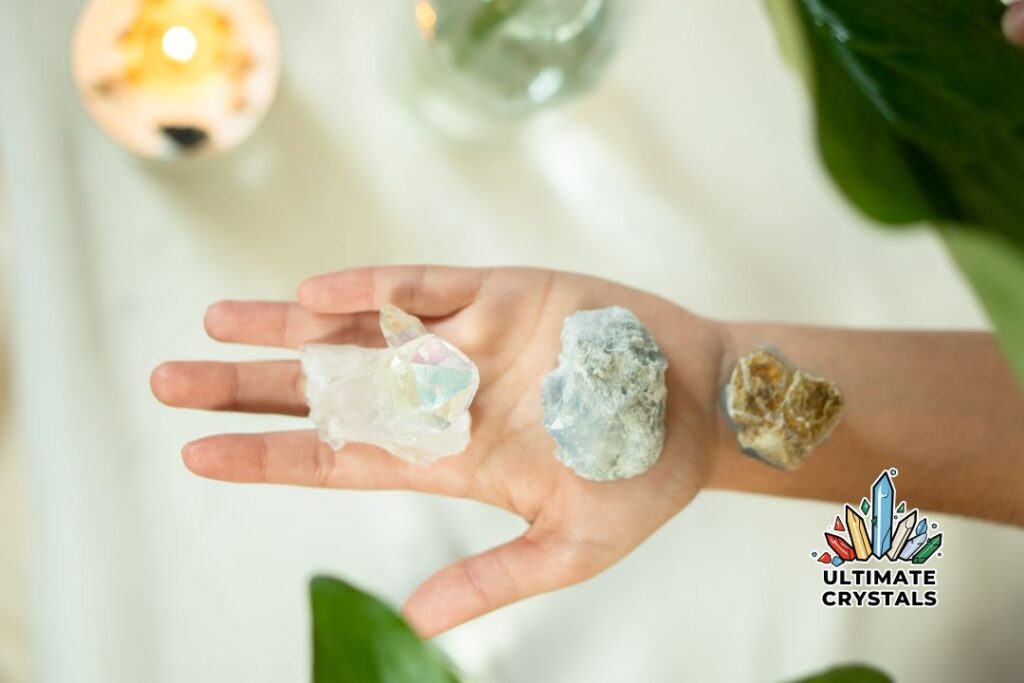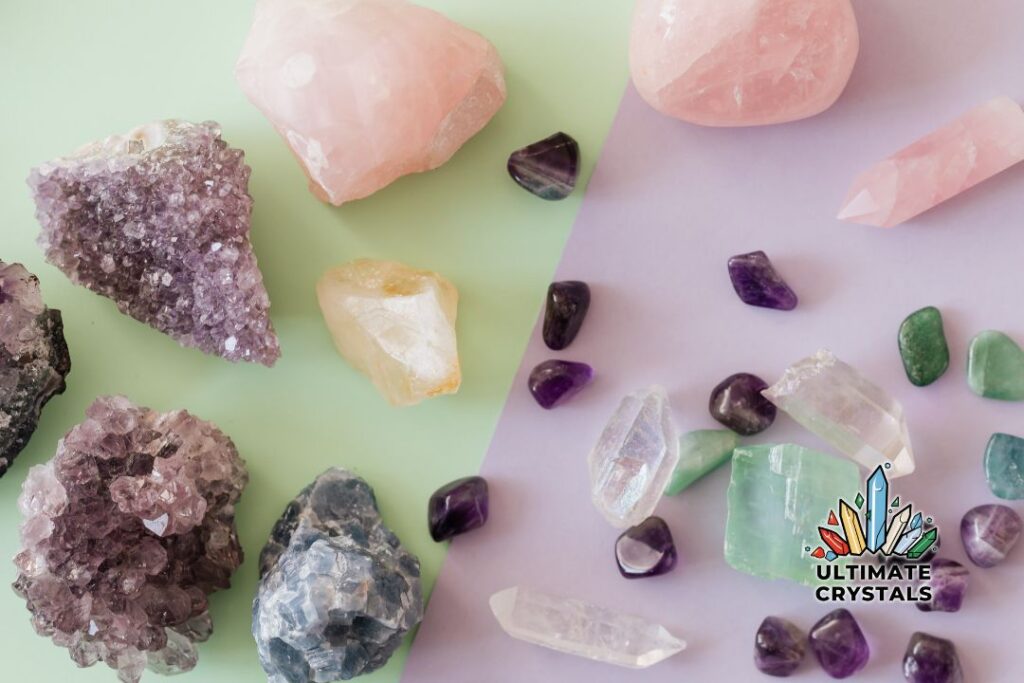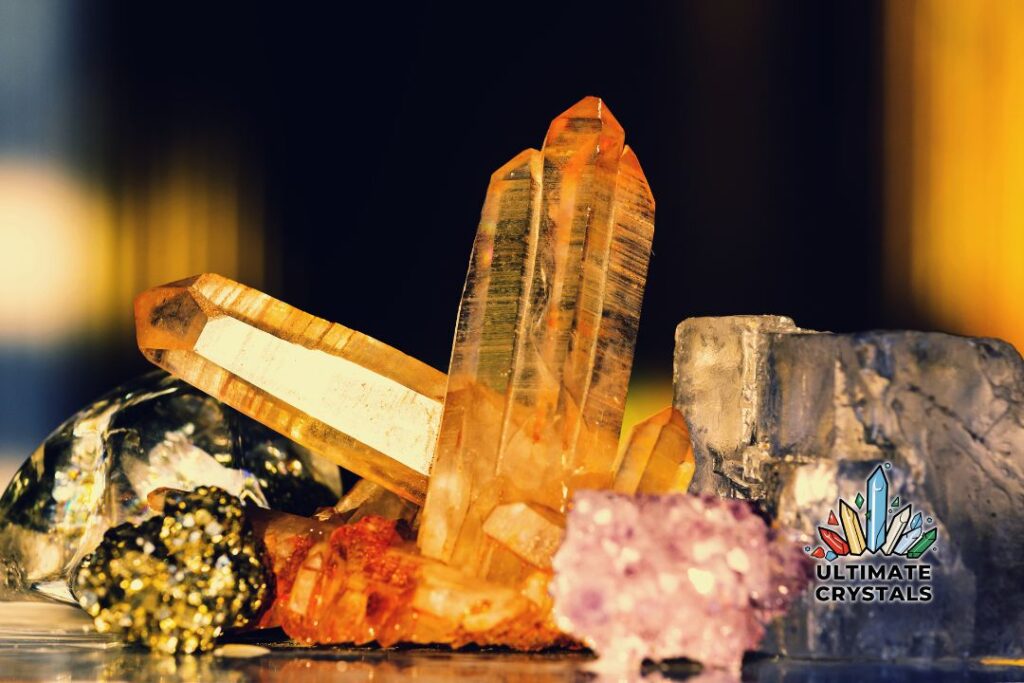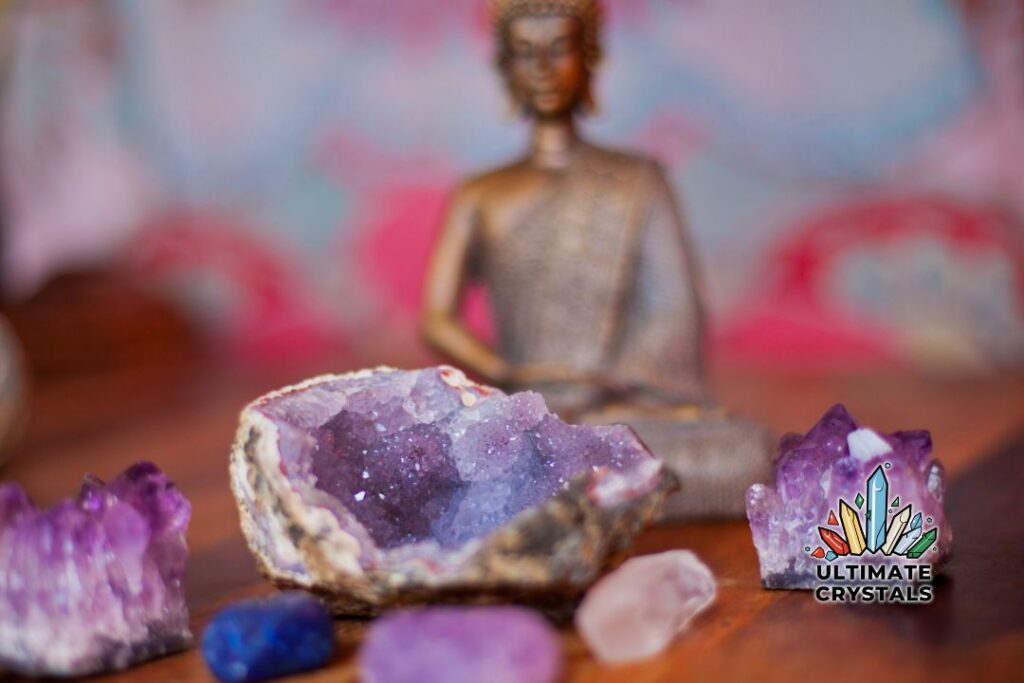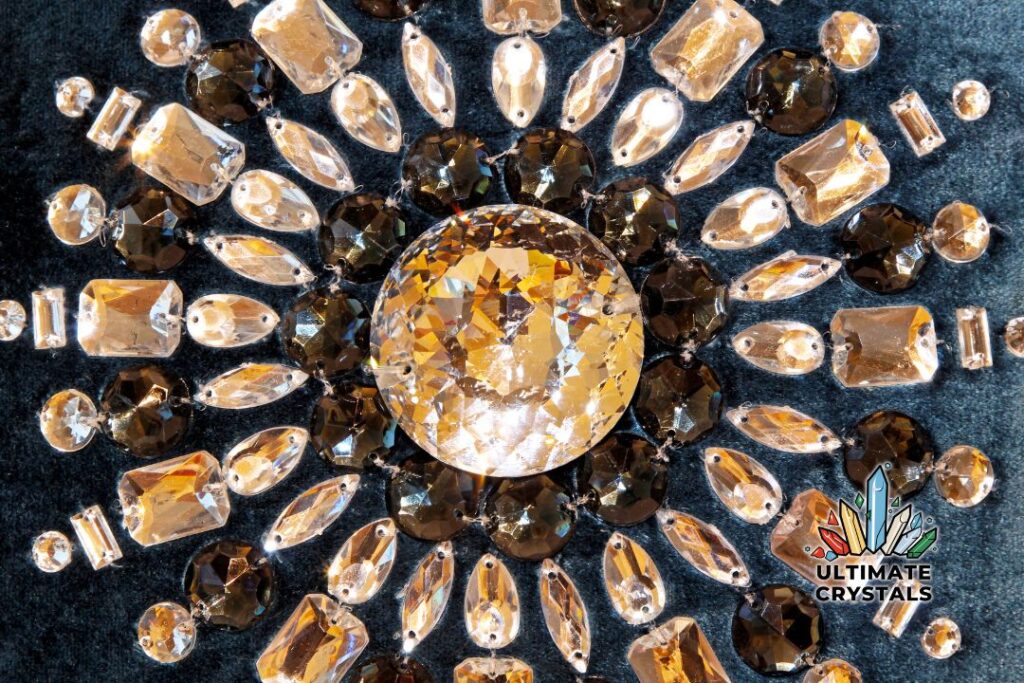Who Should not Wear Jade? Jade is one of the most prized and sought-after stones in the world. It has a rich history, spanning centuries and cultures, and is revered for its healing properties, both physical and emotional. However, there are certain groups of people who should avoid wearing jade altogether. In this blog post, we will delve deep into the significance of jade and explore its many benefits for those who can wear it. We will also discuss the science behind its impact on our bodies and minds. Moreover, we will shed light on specific groups that should avoid wearing jade and why they are advised to do so. Lastly, we will provide alternatives to jade for those who cannot wear it and help you make an informed decision about whether or not jade is right for you.
Understanding Jade and Its Significance
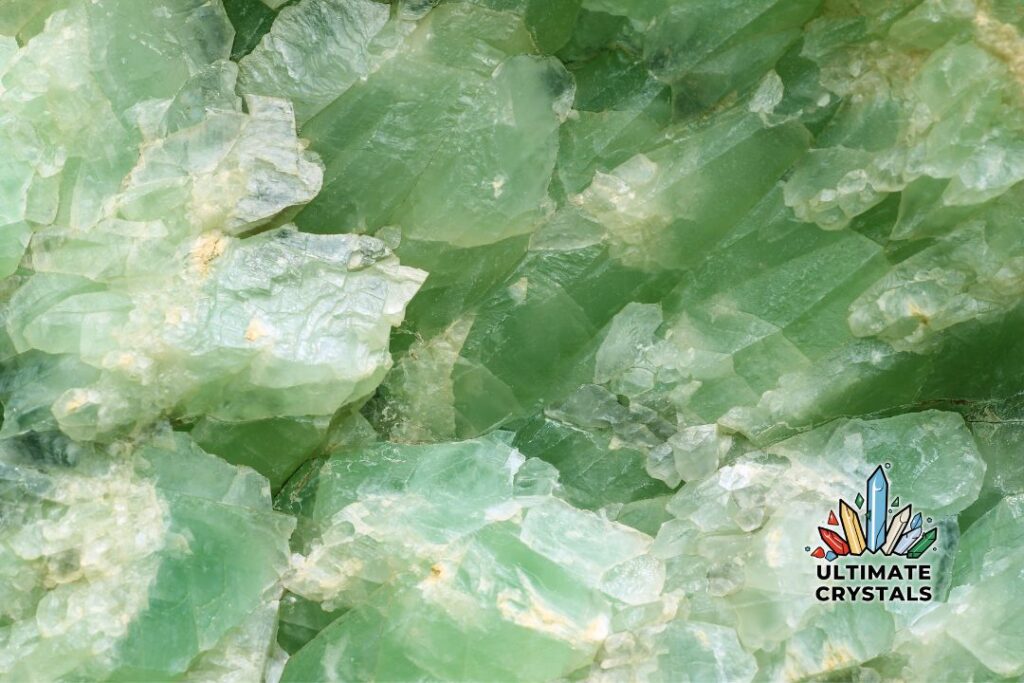
Jade, a pretty rock, holds significant spiritual and cultural importance worldwide. It is associated with good health, good luck, and carries symbolic meaning. Many cultures believe it brings prosperity, harmony, and good fortune while providing emotional balance and protection from negative energies. This best crystal has been revered for its healing properties and the wearer’s overall well-being.
The History and Myths Surrounding Jade
Jade, a pretty rock with a rich history, is steeped in myths and folklore across diverse cultures. In Chinese tradition, it is revered for its protective and healing properties, symbolizing good fortune and spiritual well-being. Legends portray jade as a talisman against evil, promoting long life, love, and luck. Its significance spans a wide spectrum, encompassing aspects of people’s lives and beliefs, from good health to warding off negative energies.
Jade’s Role in Different Cultures
Across diverse cultures, including Chinese, Mayan, and Maori, jade is deeply revered for its spiritual significance and healing properties. In Chinese culture, jade jewelry symbolizes good luck, prosperity, and protection, holding immense cultural importance. It is integral to cultural and spiritual practices, used in jewelry, art, and rituals. The universal appeal and deep metaphysical significance make jade a precious stone in various cultural traditions.
The Science Behind Jade’s Impact
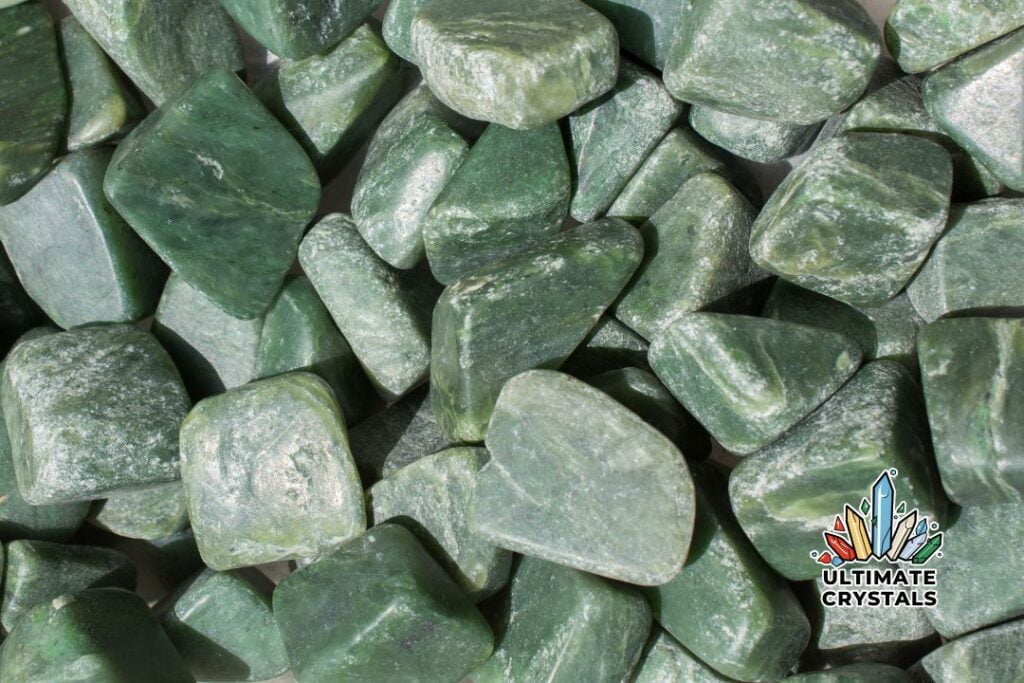
Jade, a pretty rock, emits healing energies and promotes good health through its aura and grounding properties. Its calming effect and healing vibrations contribute to overall well-being and energy balance. Scientific evidence supports these beliefs, which have been studied and documented by experts. The metaphysical properties of jade influence the emotional and physical well-being of a lot of people, making it one of the best crystals for child’s health and spiritual balance.
The Healing Properties of Jade
Jade, known for relaxation and balance, is believed to alleviate skin irritation and promote good health. It positively impacts physical health by improving blood circulation and brings relief from stress and negative emotions. With metaphysical properties that promote physical, emotional, and spiritual healing, jade is truly a powerful crystal. Its unique healing vibrations and properties make it a pretty rock with profound healing potential.
The Psychological Effects of Wearing Jade
Wearing jade is thought to enhance intuition, inner peace, and spiritual growth, promoting positivity, harmony, and calm. Its association with mental clarity, emotional balance, and spiritual awareness creates a sense of serenity, emotional stability, and inner strength. Furthermore, it is believed to promote well-being, mindfulness, and spiritual connection. Overall, jade’s psychological effects contribute to the wearer’s overall psychological well-being and spiritual development.
The Benefits of Wearing Jade
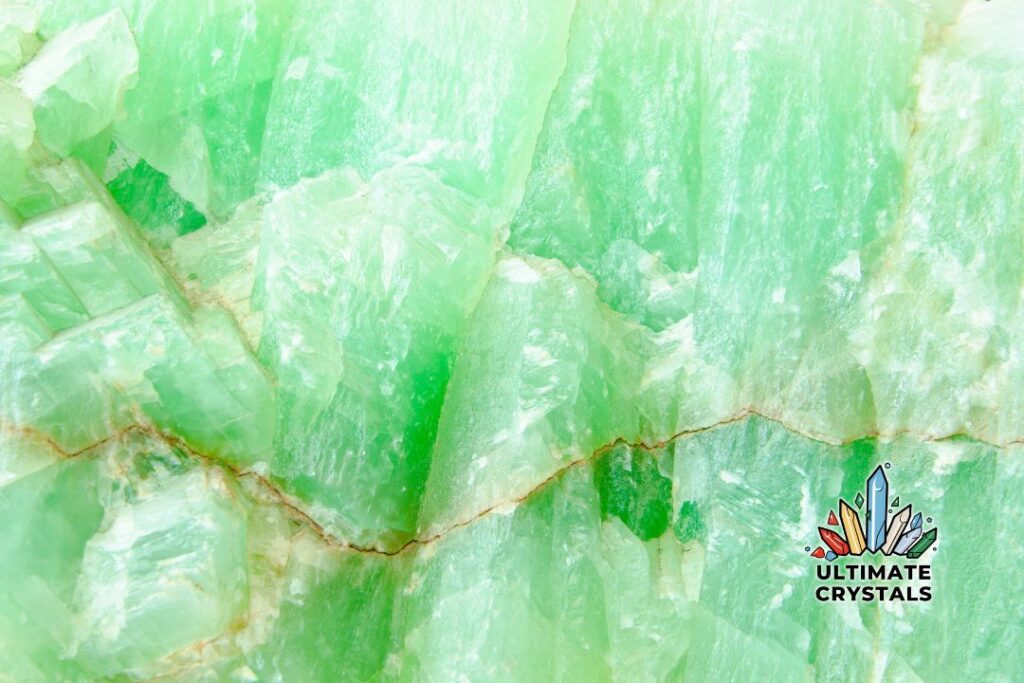
Jade jewelry, like pendants and bracelets, is believed to bring physical, emotional, and spiritual benefits. It balances energies, enhances luck, and promotes overall well-being. The gemstone’s durability, luster, and spiritual significance make it a popular choice for jewelry. Additionally, jade holds significance in astrology and spiritual practices, making it a desirable crystal for various benefits.
Physical Health Benefits
- Jade has been cherished for centuries for its believed physical health benefits, aligning with spiritual and holistic practices.
- It is thought to promote vitality, energy, and overall well-being.
- Jade’s healing properties are believed to alleviate physical ailments, improve circulation, relieve pain, and aid in relaxation.
- Additionally, it is associated with supporting the body’s natural healing processes, aiding in recovery and rejuvenation.
Emotional and Spiritual Benefits
- Wearing pretty rock like jade jewelry is said to promote emotional balance, inner peace, and spiritual harmony.
- The gemstone’s spiritual significance includes enhancing love, compassion, and spiritual protection.
- Additionally, jade is believed to boost intuition, empathy, and spiritual well-being by aligning with the heart chakra for emotional healing and positive energy flow.
Specific Groups that Should Avoid Wearing Jade
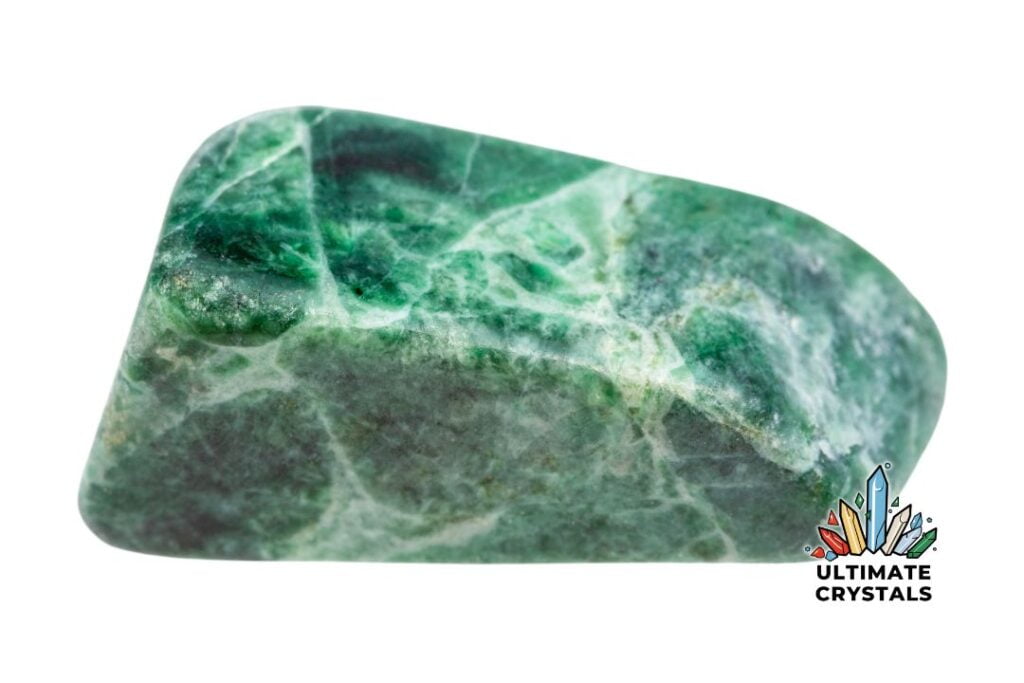
Pregnant individuals should be mindful of cultural taboos and superstitions related to jade jewelry. Those with sensitive skin must consider potential allergies and skin irritation from wearing jade. It’s important to approach jade jewelry with sensitivity, understanding cultural beliefs, and choosing it with respect. Avoid cultural appropriation and exercise caution when embracing the spiritual significance of this pretty rock.
Who Should not Wear Jade
Jade jewelry is a pretty rock with spiritual significance in many cultures. However, it may not be suitable for people with sensitive skin or allergies. Pregnant women should wear it with caution due to cultural beliefs. Different cultures have taboos and superstitions associated with wearing jade. Jade jewelry should be chosen considering the wearer’s health and healing properties, and worn on the side of caution.
Cases where Jade may have Negative Effects
Wearing jade requires caution due to its metaphysical properties. Some may experience skin irritation when wearing jade jewelry. In Chinese culture, wearing jade without caution may lead to bad luck. Additionally, jade may have negative effects on the heart chakra and the spiritual world. It’s crucial to be mindful of any cultural appropriation related to wearing jade.
Alternatives to Jade for Those Who Should not Wear It
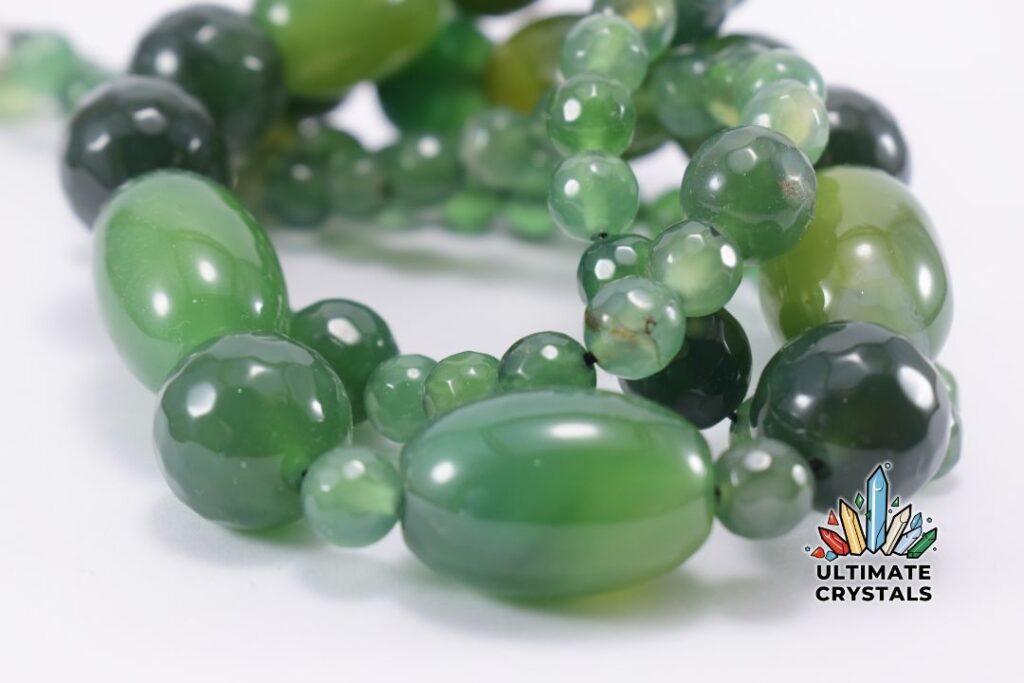
When considering alternatives to jade for individuals who should not wear it, several options stand out in the realm of best crystals. Tiger eye stone offers good fortune and protection, while turquoise provides similar healing properties. Moonstone brings spiritual significance, making it a suitable alternative, and nephrite serves well for mourning and intuition. Citrine also promotes good health and healing, presenting a viable substitute. These options allow individuals to err on the side of caution while still adorning a pretty rock.
Other Crystals with Similar Benefits
- Explore the metaphysical properties of jadeite, a precious stone with good luck significance.
- Consider pearl as an alternative, known for its luster and healing properties similar to jade.
- Nephrite, a durable gem, shares similar metaphysical properties with jade.
- Emerald, similar to jade, has been associated with good health and good fortune.
- When choosing crystals, it’s important to consider the wearer’s aura and astrology.
Non-Crystal Alternatives
- When jade isn’t an option, explore appraisals and reviews for alternatives like jade pendant, necklace, and bracelet.
- These appraisals offer insights for those seeking non-crystal alternatives to promote good health and healing.
- Consider jade jewelry appraisals for non-crystal alternatives that share similar luster and metaphysical properties.
- Looking for non-crystal alternatives to jade?
- Explore jade crystal appraisals and reviews for exclusive tutorials on similar latest updates.
Making an Informed Decision about Wearing Jade
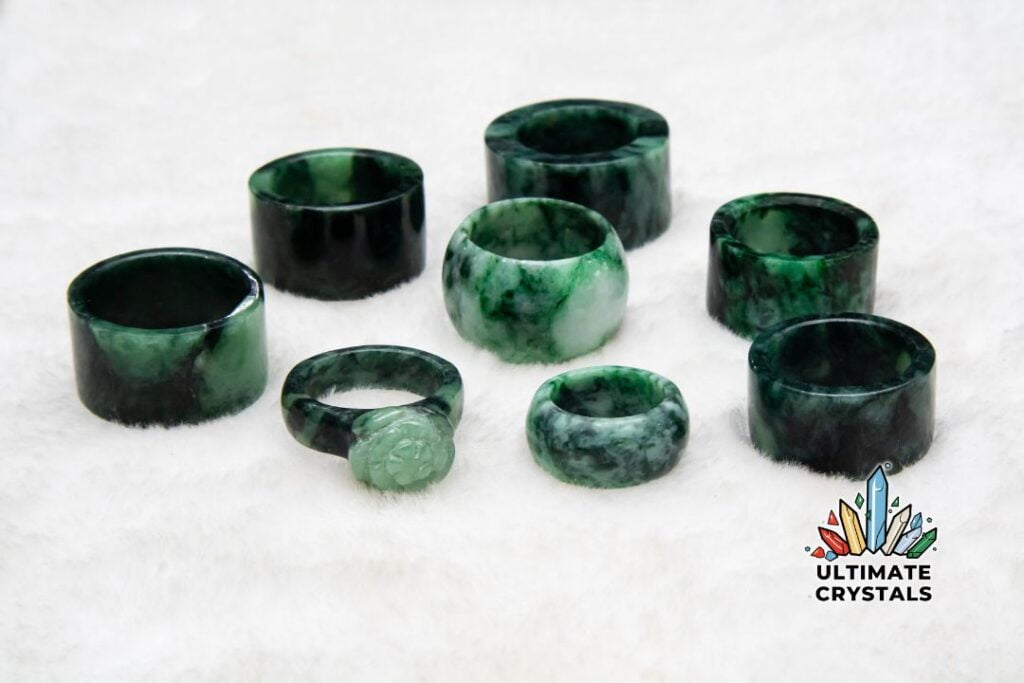
Before choosing jade, it’s important to consider scientific evidence and cultural significance. Making an informed decision involves understanding different cultures and traditions, as well as exploring pendant appraisals and wearer experiences. Caution should be exercised when selecting jade due to its spiritual significance and healing properties. Additionally, understanding the wearer’s aura and Libra sign can aid in making an informed decision about jade.
How Can You Determine if Jade is Right for You?
To determine if jade is suitable for you, explore jade crystal appraisals and reviews. Seek advice from gemstone appraisers and spiritual guides. Take precautions and appraise the gemstone before making a decision. Consider consulting with jade necklace appraisers to ensure it aligns with your needs.
Frequently Asked Questions
Who should not wear jade astrology?
According to Chinese astrology, individuals born under the zodiac signs of Ox, Rooster, and Dog should avoid wearing jade. Additionally, those with weak spleen or stomach and pregnant women should refrain from wearing jade for extended periods. It is advisable to consult a traditional Chinese medicine practitioner before using jade for its healing properties.
Is jade unlucky to wear?
Contrary to popular belief, jade is not inherently unlucky to wear. While some cultures associate bad luck with wearing jade based on birth year or zodiac sign, it’s important to respect cultural beliefs and do research. Ultimately, wearing any jewelry or stone should bring joy and positivity.
What Can You Not Do With Jade?
To keep your jade in good condition, avoid subjecting it to extreme pressure or exposure to chemicals and high heat. Don’t clean it with harsh materials or chemicals. Also, remove jade jewelry before activities like swimming, exercising, or using household cleaning products.
would it be inappropriate for non Chinese people to wear a necklace with a jade pedant?
There are no strict rules against non-Chinese people wearing jade jewelry. However, it is recommended to be culturally sensitive and aware. Understanding the significance of jade in Chinese culture is important before wearing it. Always be respectful and mindful of cultural appropriation.
What is the best Jade alternative?
Looking for a jade alternative? Consider rose quartz, amethyst, or aventurine. Nephrite Jade and Jadeite are the two types of jade used in jewelry. If you have a metal allergy, opt for hypoallergenic materials like surgical stainless steel or titanium. Ultimately, the best alternative depends on personal preference and desired healing properties.
What make jade so special?
Jade holds immense cultural significance, especially in East Asia. This gemstone is cherished for its believed healing properties and ability to bring balance and harmony. With various colors like green, white, and lavender, the value of jade depends on factors like quality, color, and translucency.
Can wearing jade have negative effects on certain individuals?
Wearing jade is generally safe, but some individuals may experience skin irritation if they have sensitive skin or allergies. There are also beliefs that jade can have negative energy effects on incompatible individuals. Always consult a healthcare professional before trying new jewelry or gemstones.
Can non Chinese people wear Jade and have Jade Stone?
Jade is not limited to Chinese culture – non-Chinese people can wear jade and have jade stones. This gemstone is popular worldwide, symbolizing good luck, prosperity, and health. Just make sure to buy jade from a reputable source to ensure authenticity.
How do you choose a suitable jade for your wear?
When choosing jade for your wear, consider your skin tone and personal style to find a color that complements you. Look for jade with minimal flaws or blemishes. Decide on the type of jewelry, like a pendant or bracelet, and buy from a reputable seller with knowledge of jade.
Does real jade break easily?
Real jade is known for its durability, but it can break if dropped or subjected to force. It’s important to handle jade items with care and consider their toughness and durability. If you suspect that your jade may be fake, consult a professional for evaluation.
Is jade a good luck gemstone?
Jade, a gemstone associated with luck in many cultures, including China, is believed to bring good fortune, prosperity, and longevity. However, those with sensitive skin or allergies to the stone should avoid wearing jade. Authenticity and quality are crucial when purchasing jade.
Why do the Chinese worship jade?
The Chinese have worshiped jade for centuries due to its symbolic representation of purity, beauty, and immortality. It was used in ceremonies and believed to possess healing properties, bring good luck, and protect against evil spirits.
Conclusion and final thoughts
To make an informed decision about wearing jade, it is essential to understand its significance and the science behind its impact. Jade holds healing properties and has psychological effects that can benefit physical, emotional, and spiritual health. However, there are specific groups of people who should avoid wearing jade due to various reasons. It is important to consider alternatives like other crystals with similar benefits or non-crystal options. By understanding the history, myths, and cultural significance of jade, as well as evaluating your own needs and circumstances, you can determine if jade is the right choice for you. Remember to prioritize your well-being and choose what aligns with your beliefs and preferences.

